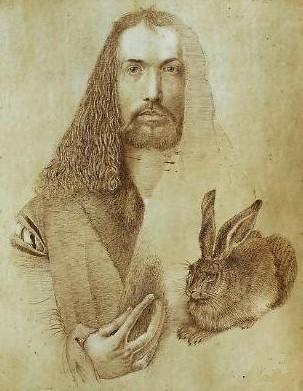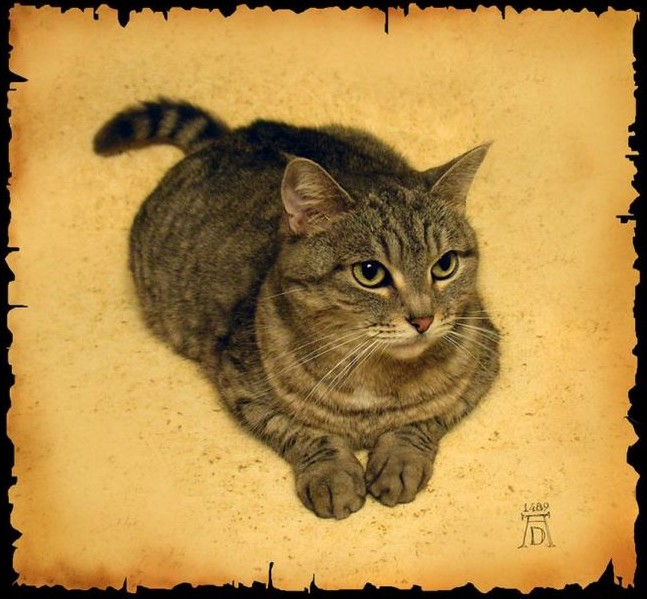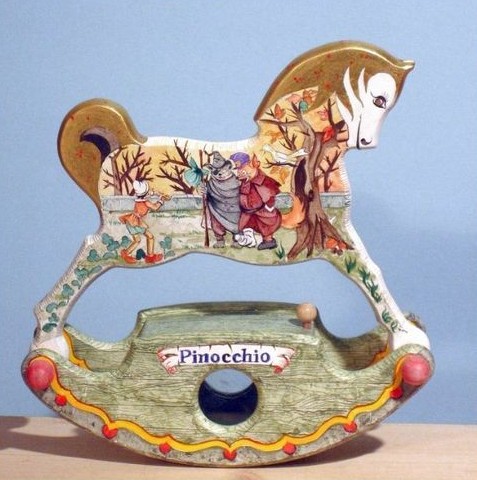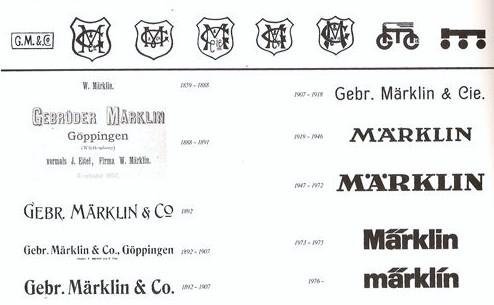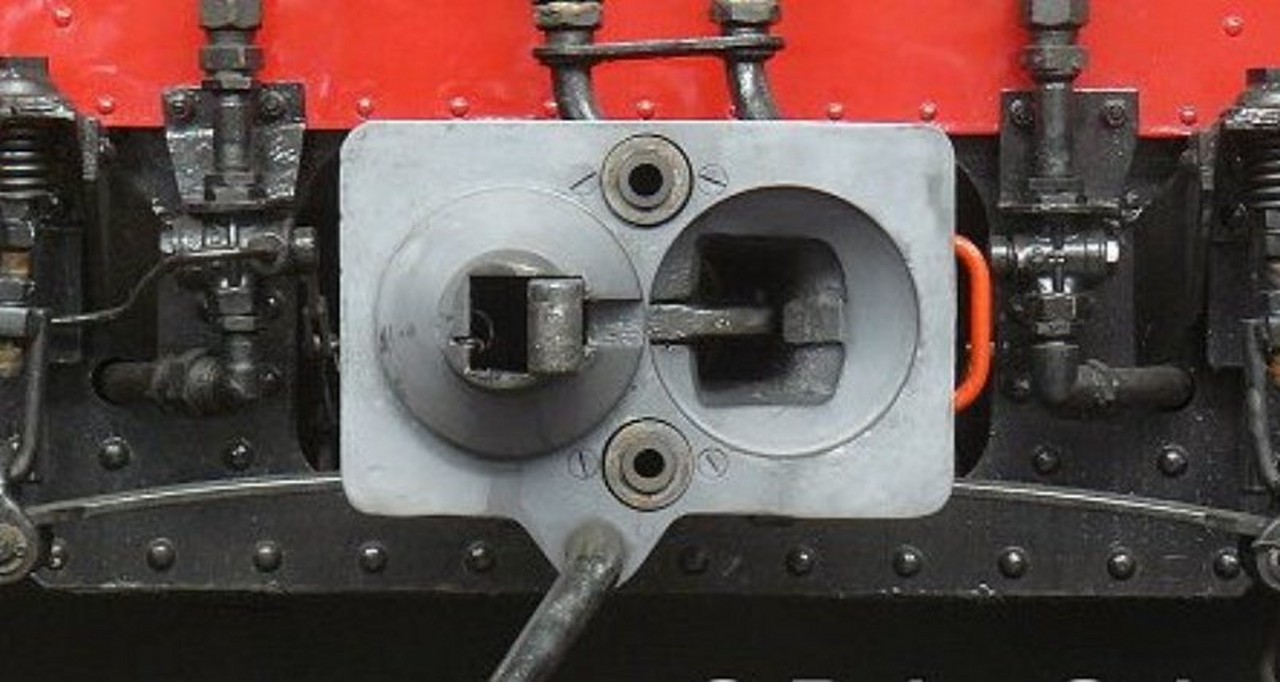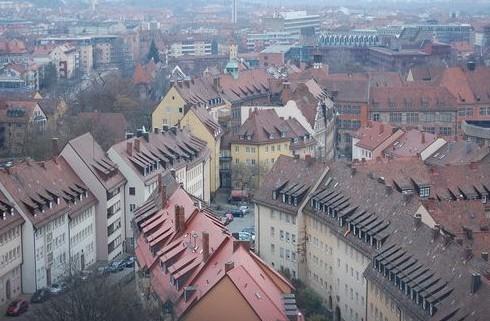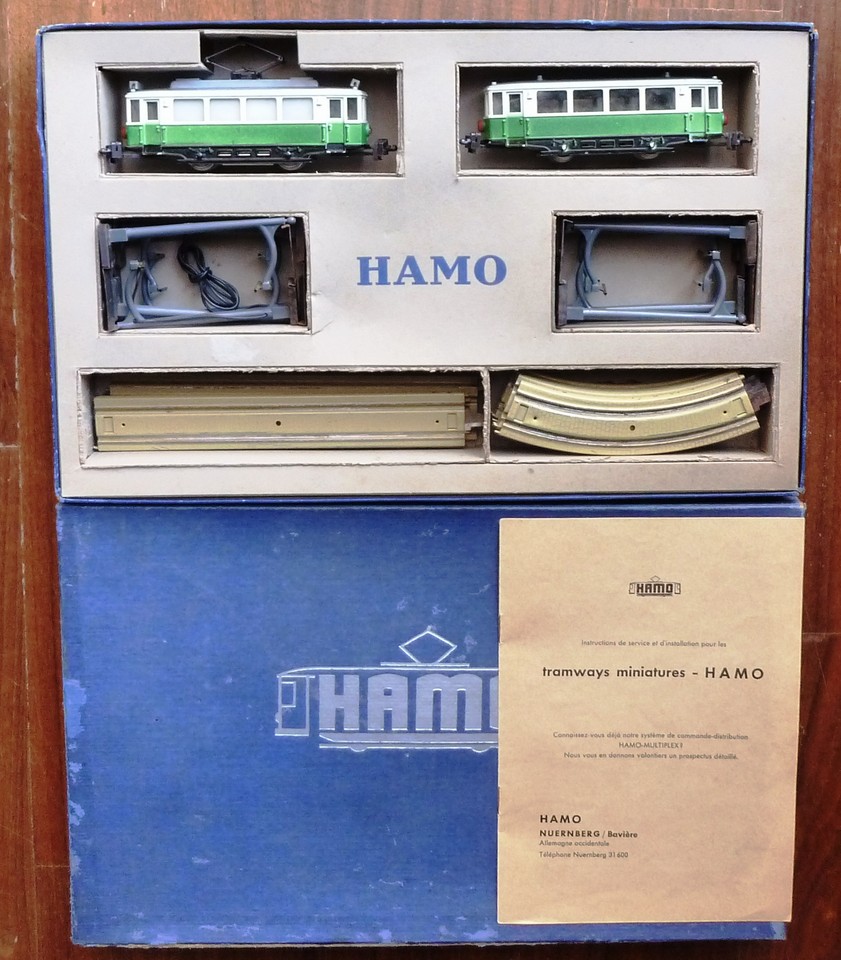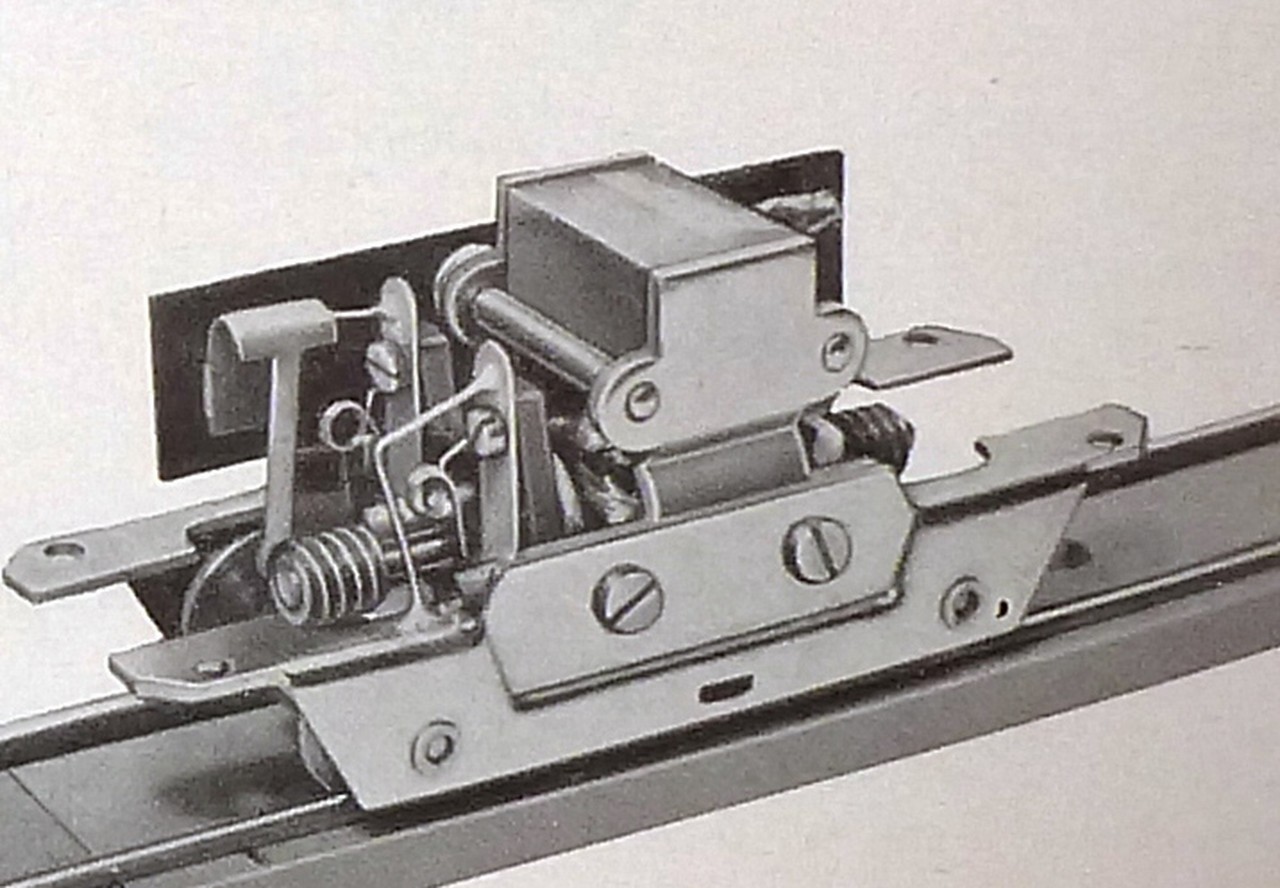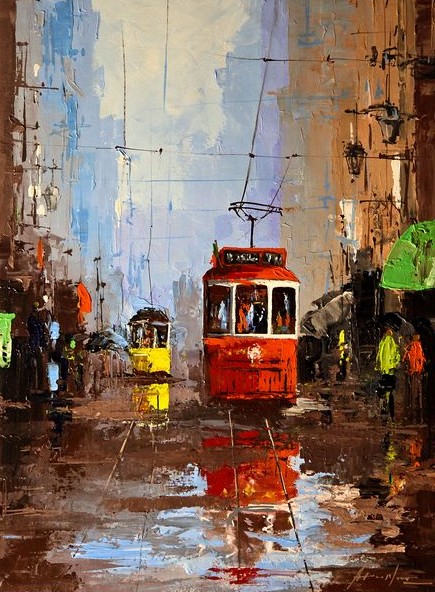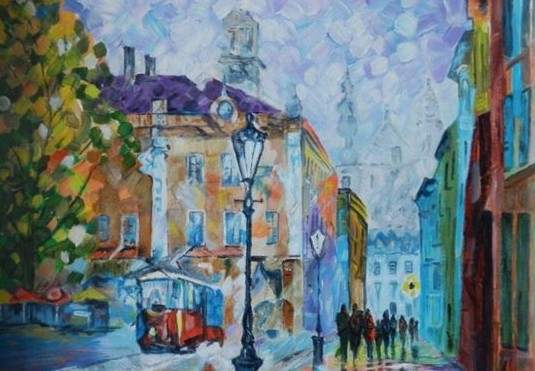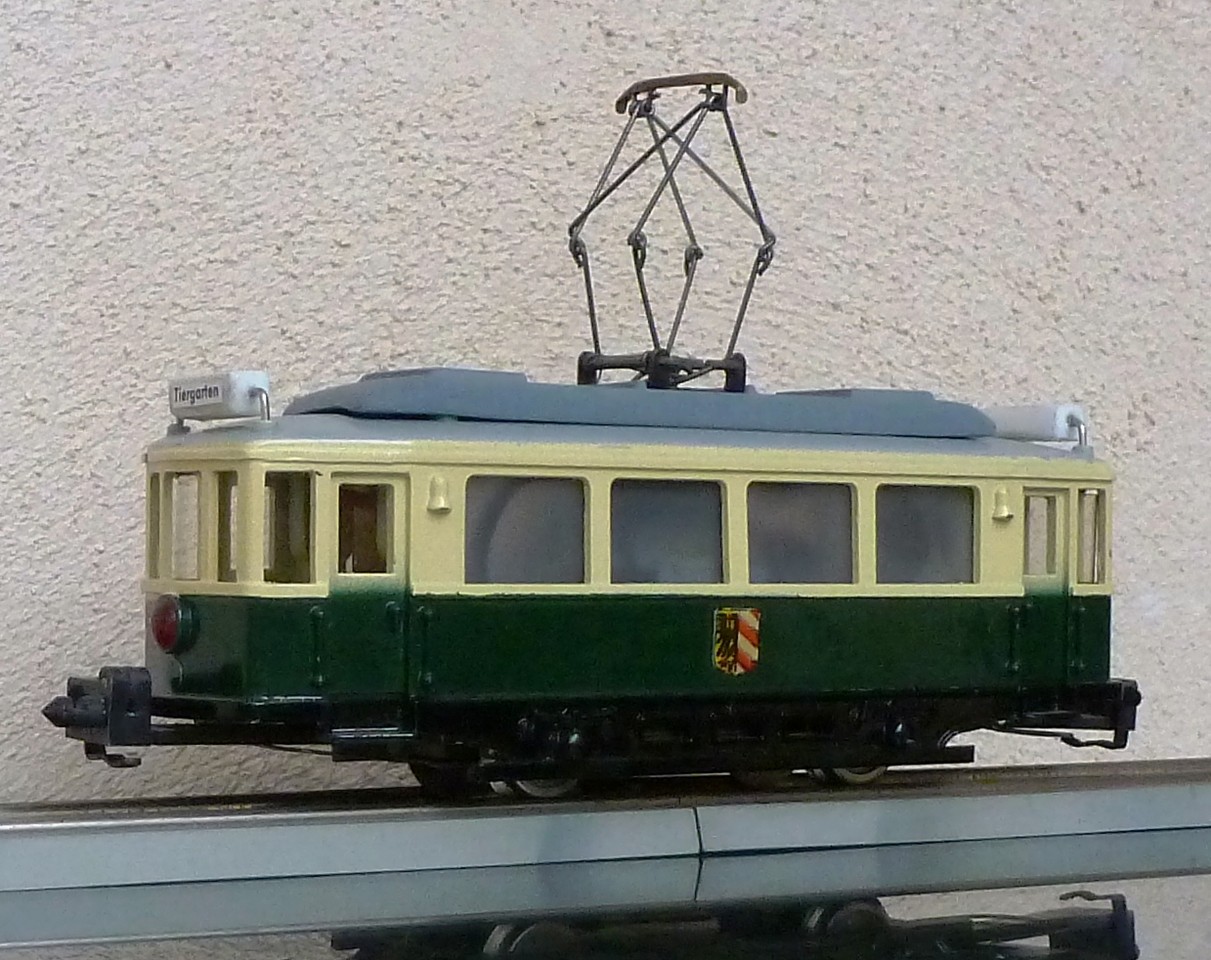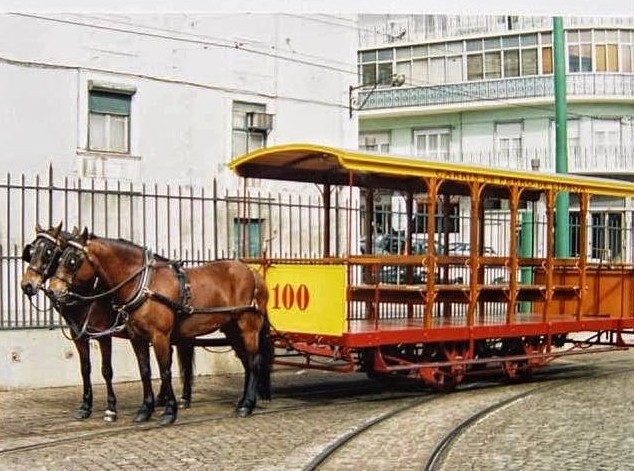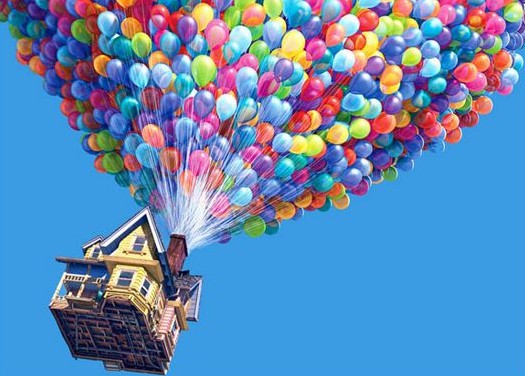Albrecht Dürer HAMO First : trams with two axles
(Written by P.G.)
Part One: The trams with two axles.
Alfred Hannemann founded in 1952 in Nuremberg, the city of Albrecht Dürer, the company HAMO (HAnnemann MOdellbau)
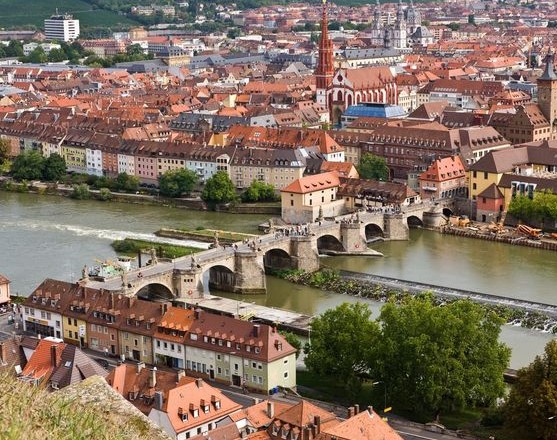
In the same year he bought from the bankrupt company FEMO, founded two years earlier by Georg Doefler, designs and equipment to produce those trams in HO scale that FEMO presented, at the prototype stage, at the fair in Nuremberg of 1951,
but was unable to produce even in limited series.
Since 1953 HAMO began therefore to produce a full range of trams and tramways, which gradually developed until October 1963, when Herr Hannemann decided to sell his brand to Maerklin
that, while still maintaining in catalog until 1967 with some HAMO tram , decides to allocate this brand to the market of locomotives DC two rails.
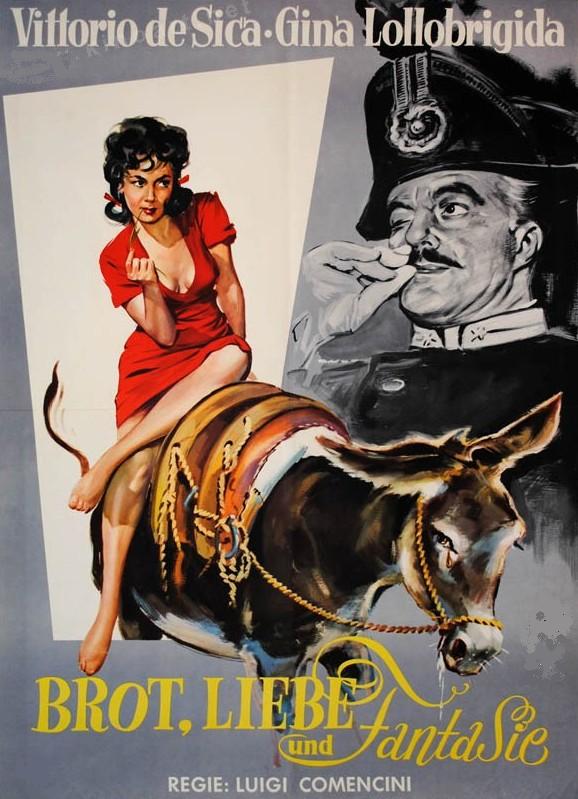
Note that, in the late 50’s, HAMO had produced two locomotives, the V 80 and V160 called “Lollo” which will be discussed in the third part.
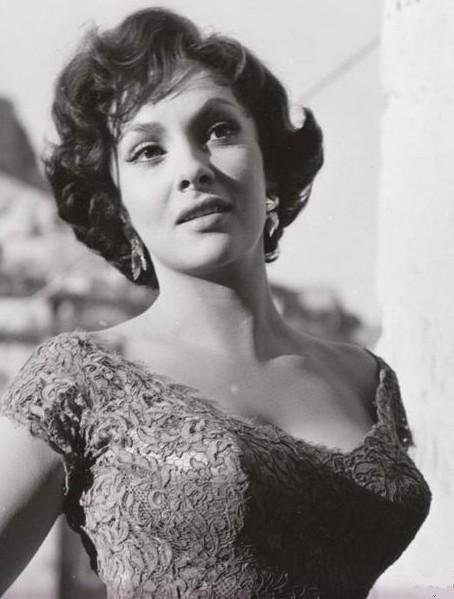
Following what it is used at the time, even the tram HAMO HO scale are “quite generous” ….
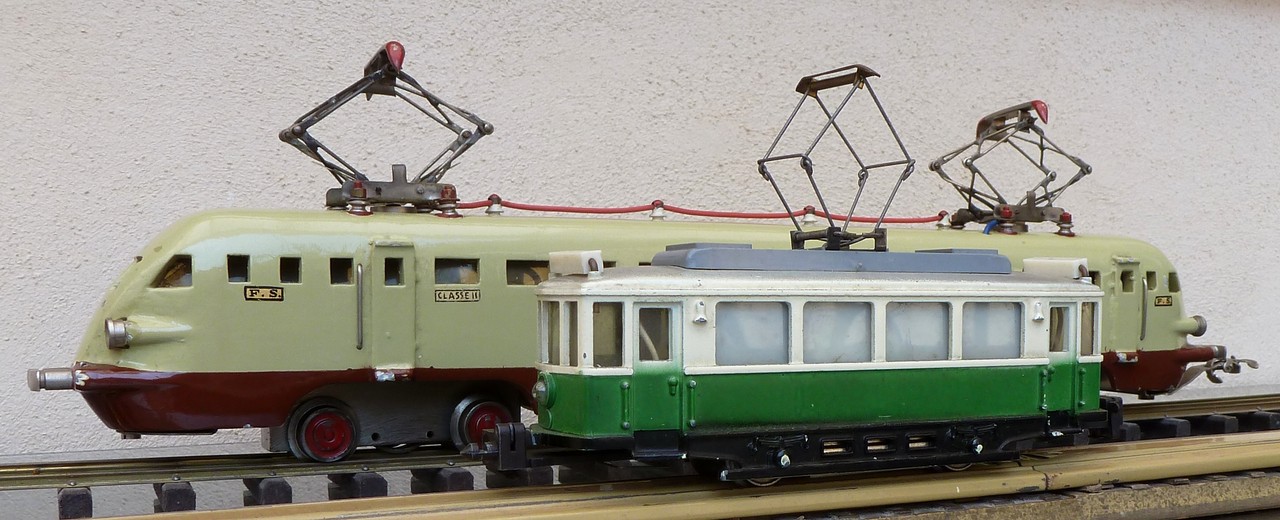
… ..this two axles white / green could very well be included in a plastic of that period next to a “Littorina” Ale 880 Conti …
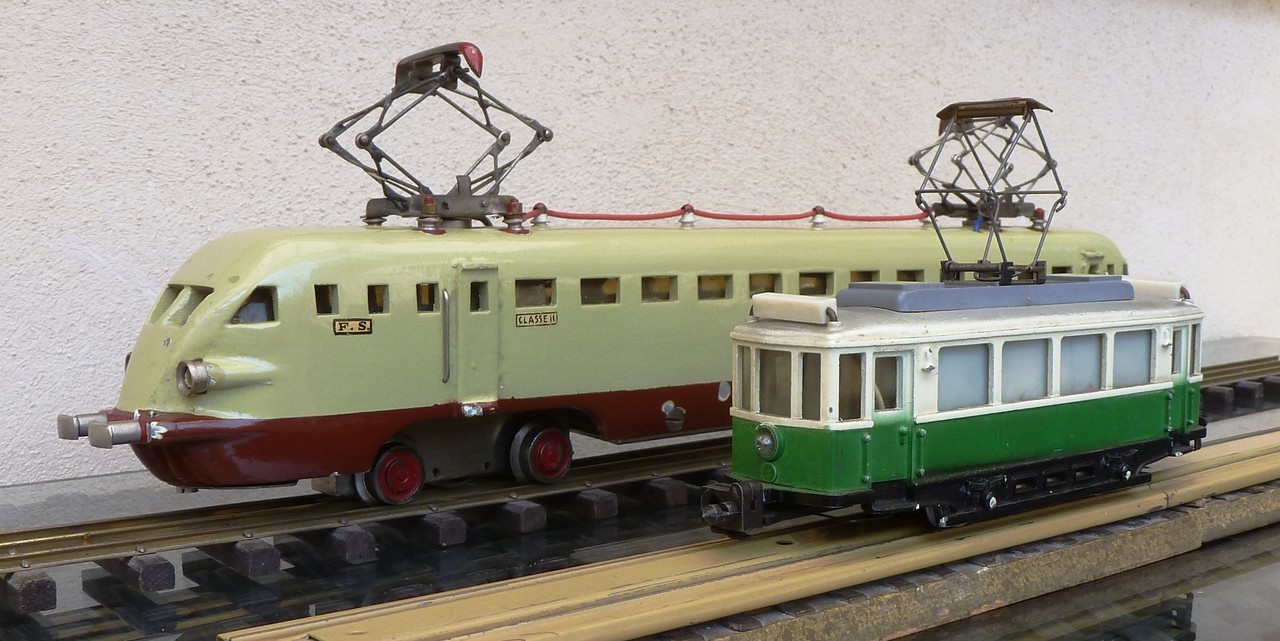
The first trams of this brand have tracks in deep-drawn and lithographed sheet iron and a metal … piling.
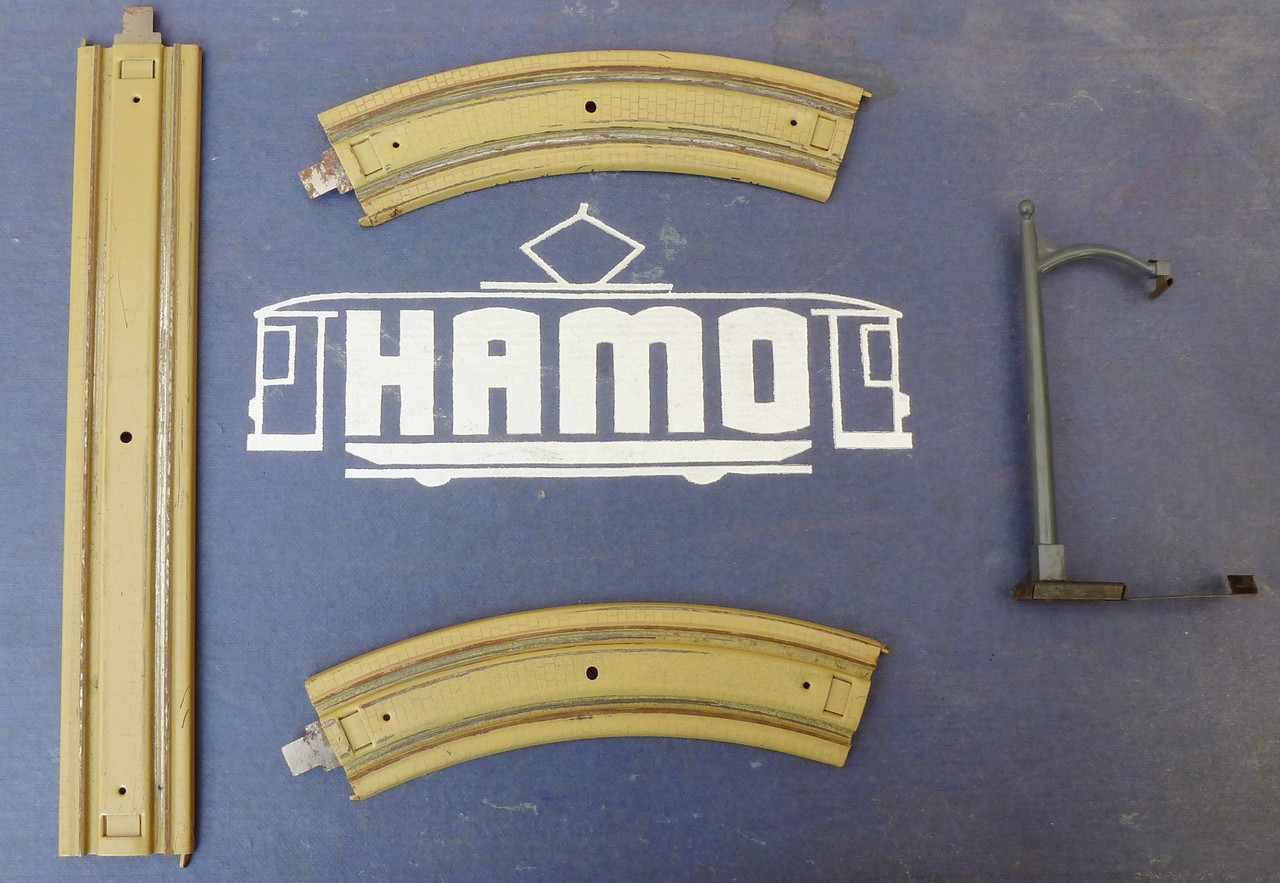
The power of the drive is through its wheels which are isolated from each other or through the airline
In the mid-50s appear the plastic rails with rails isolated, and new support for the airline ….
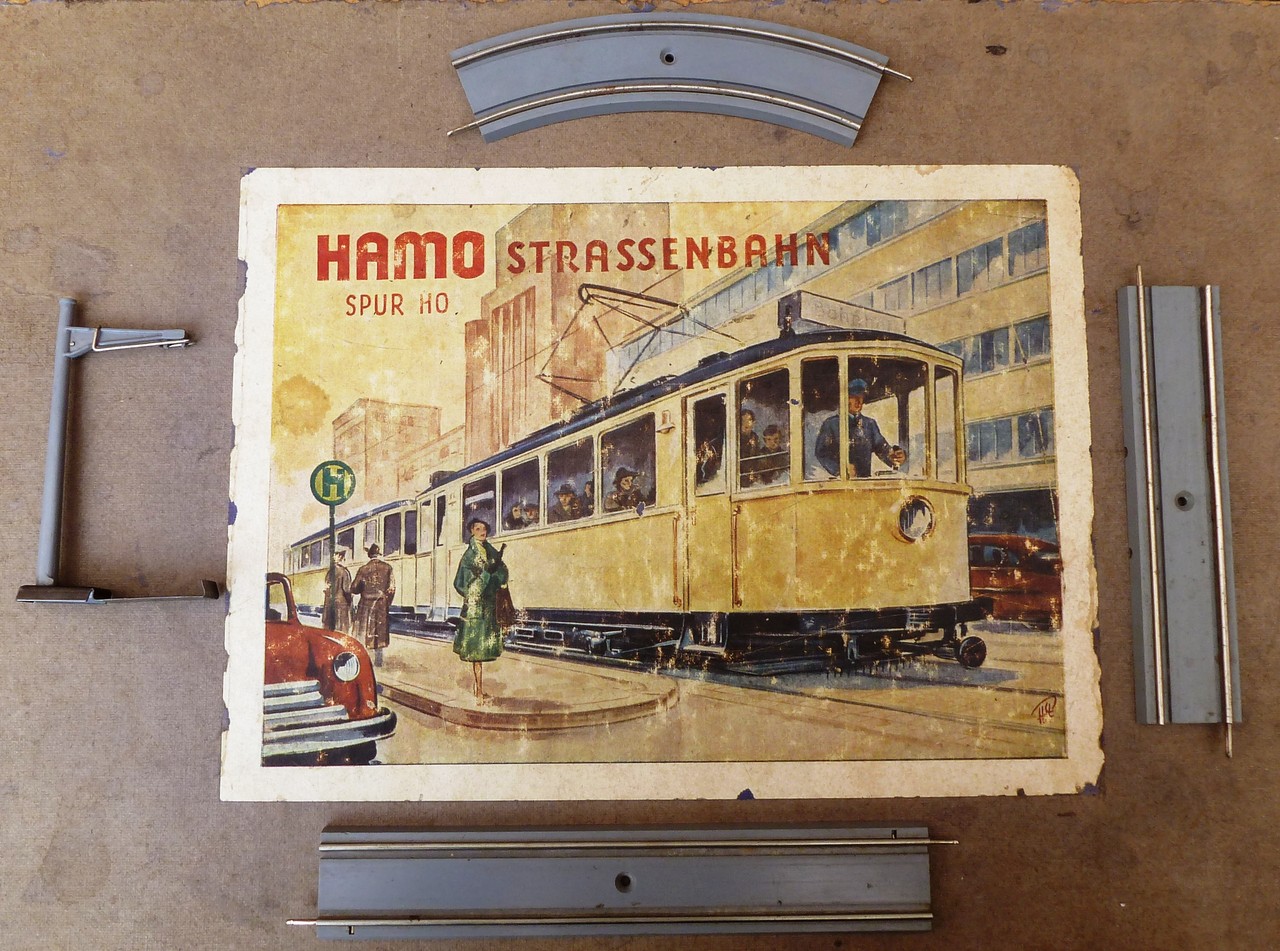
In this way the driving can be powered by the tracks or by the airline.
Here we see a particular vehicle HAMO of the first generation, the connection cable for the lighting of trailers … ..
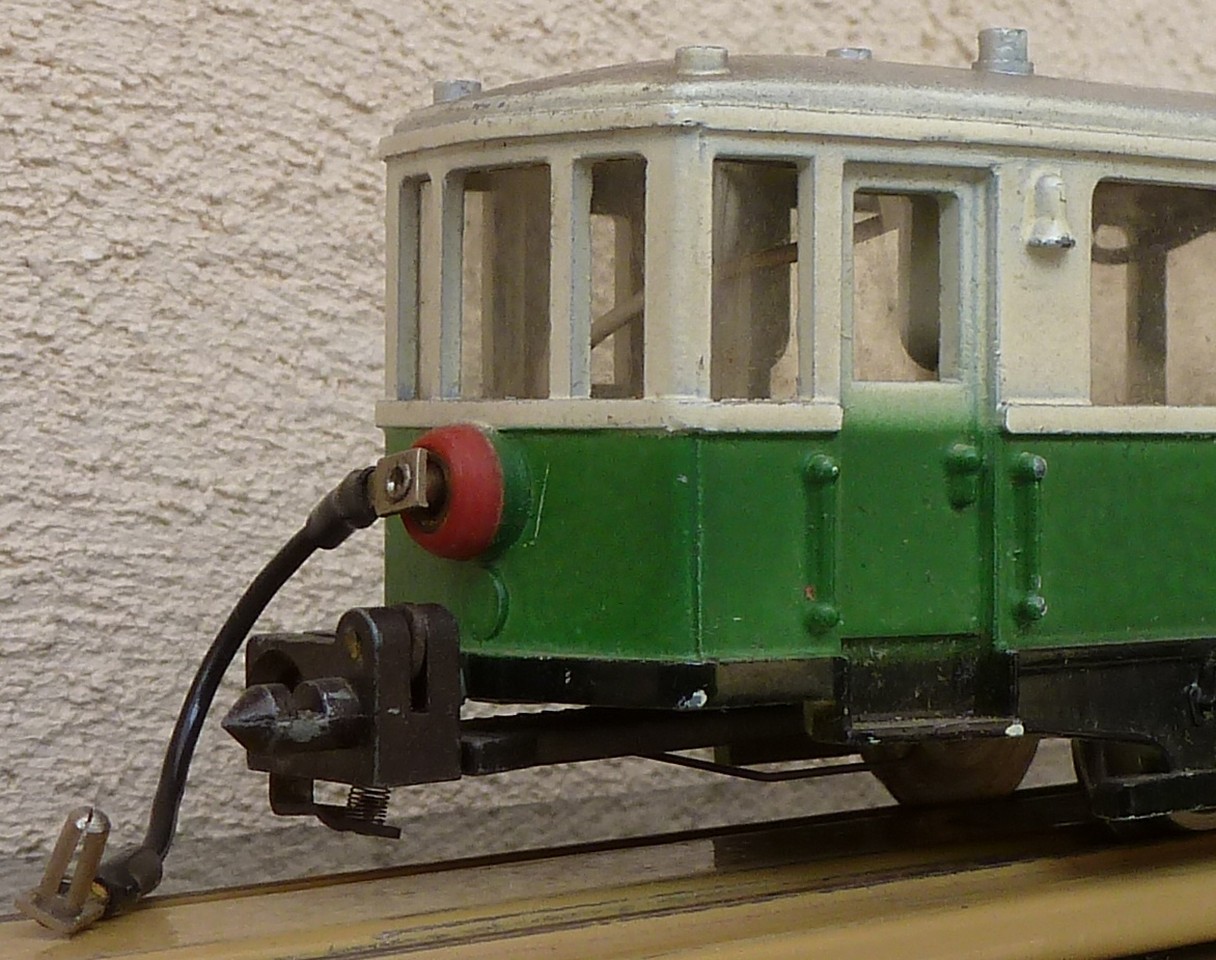
… And the coupling Scharfemberg really functional, featuring all vehicles with the exception of the “Oldtimer”.
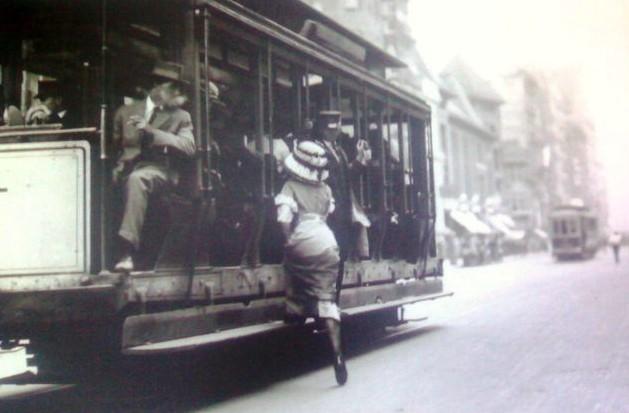
Although absolutely off the scale, the coupling Scharfemberg tram Hamo is unique to the age and corresponds to the reality of most European tramways. All patented at the beginning of the last century it is now the most widely used automatic docking system in Europe ….
… It can also lead to the automatic coupling for pipelines brakes ….
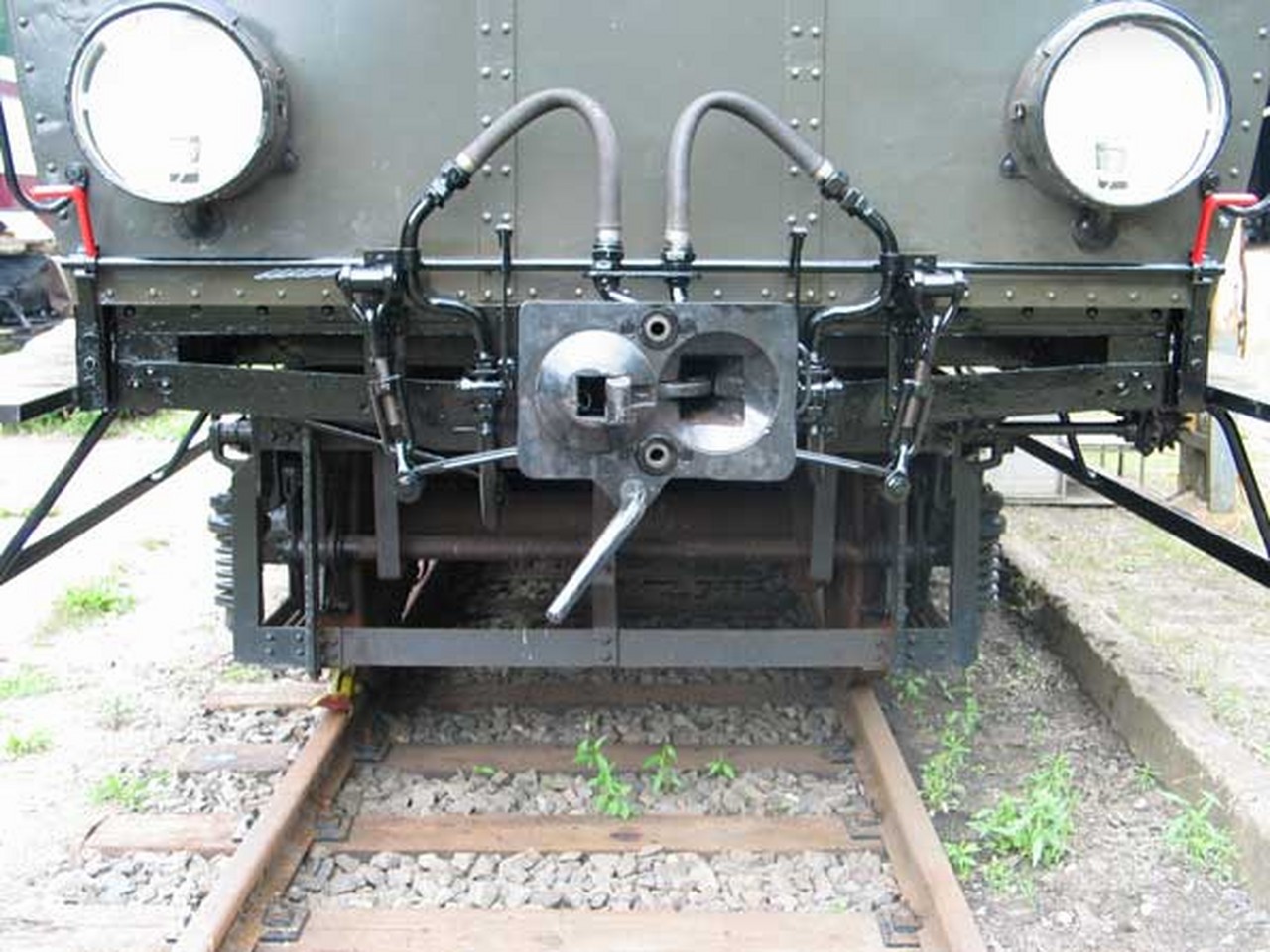
.. As well as for the electrical controls, and it is used for both narrow-gauge railways …
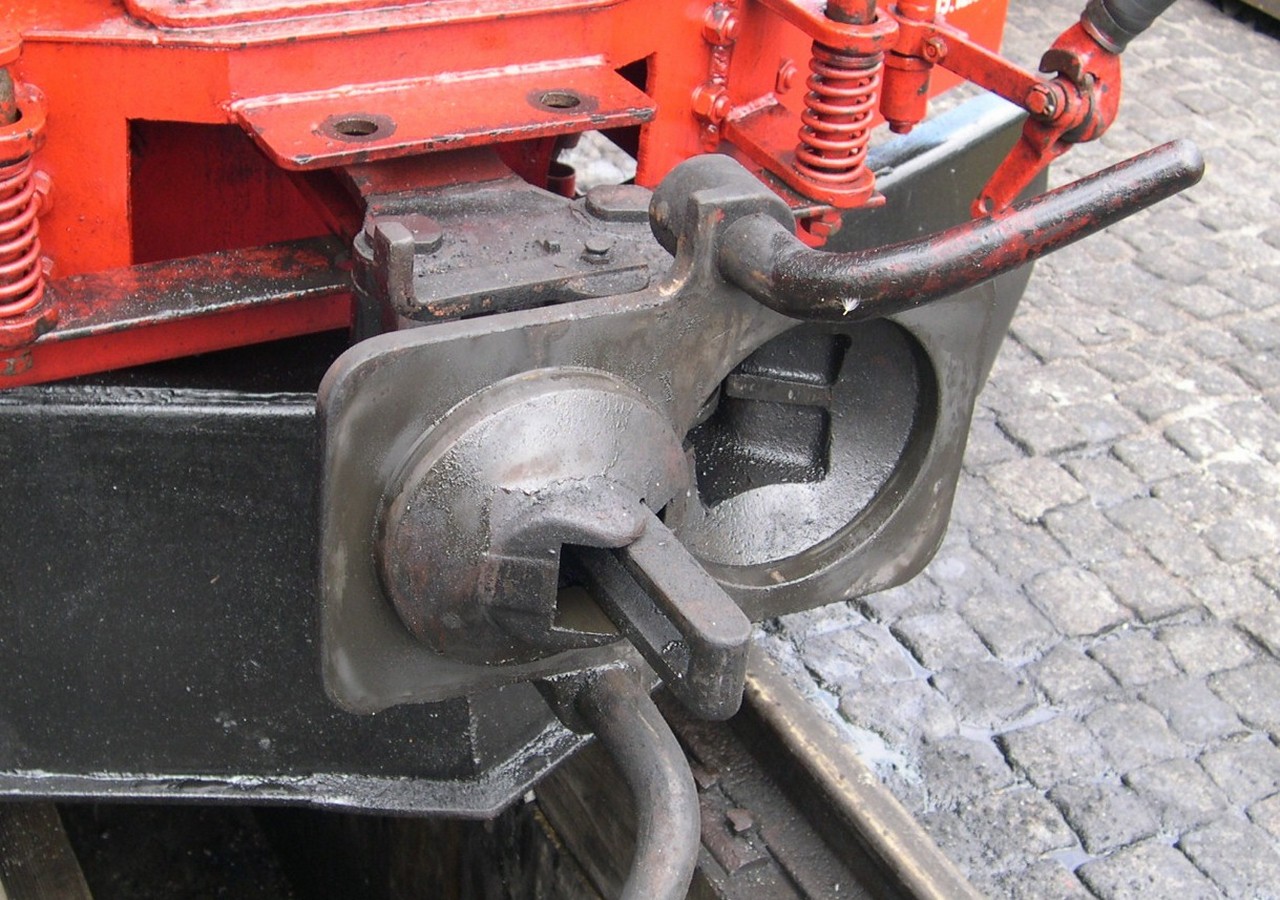
… as ICE and TGV …
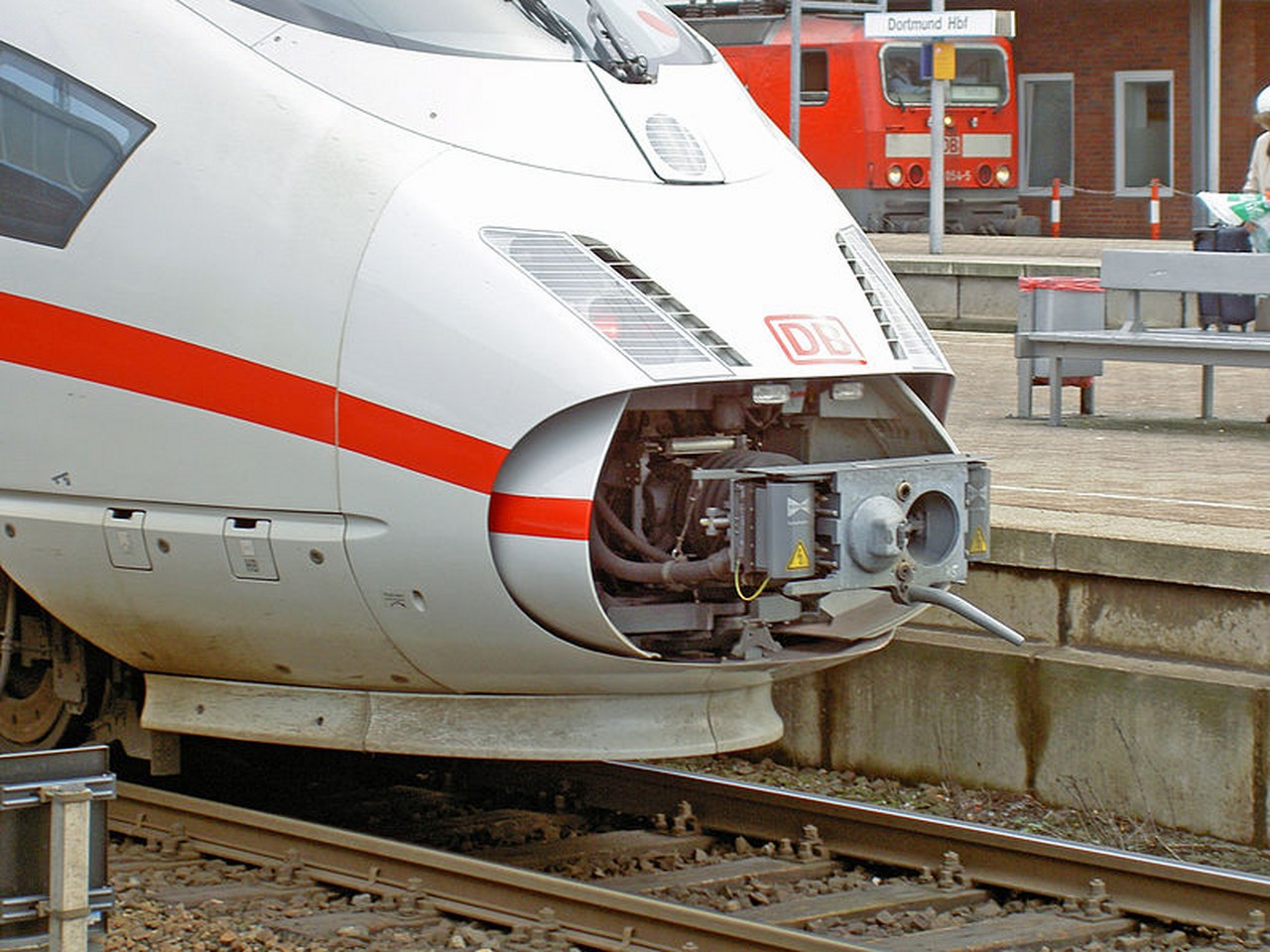
On this picture we can see two other features of the drive to two axles: the two different types of raising the roof
featuring drive T 206 and T 205 from two types of routers both the steel wire, mounted either on all tram brand with the exception of Oldtimer …
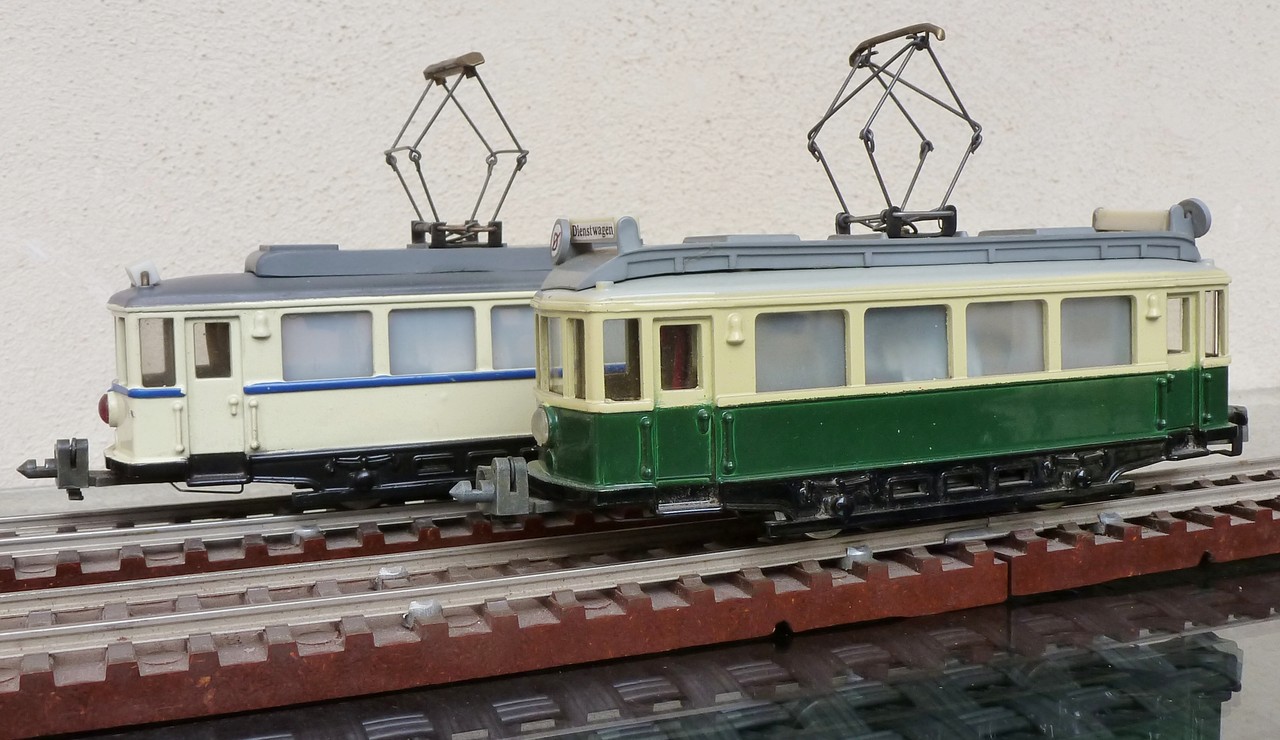
Here is a pack of the first generation
with rails not isolated …
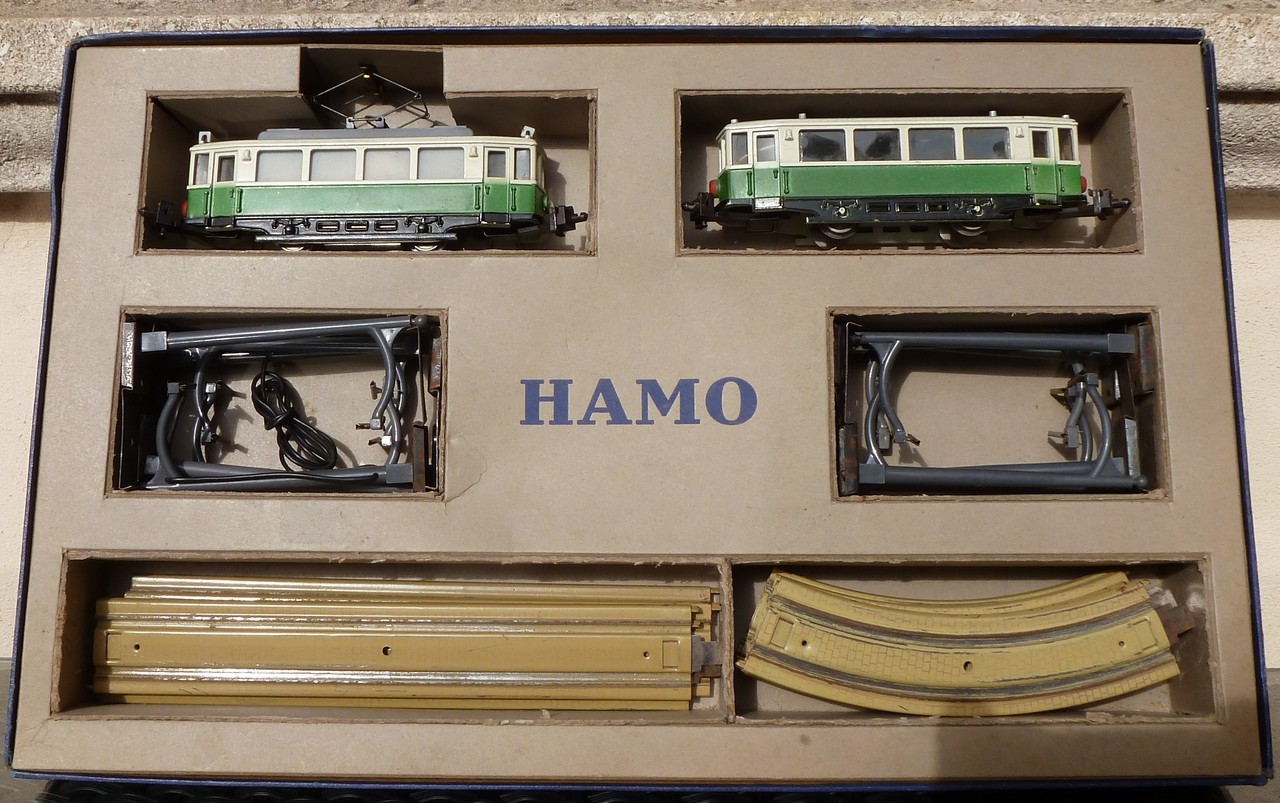
The tram to two axles is then proposed in both powered by only binary ref K 150 ….
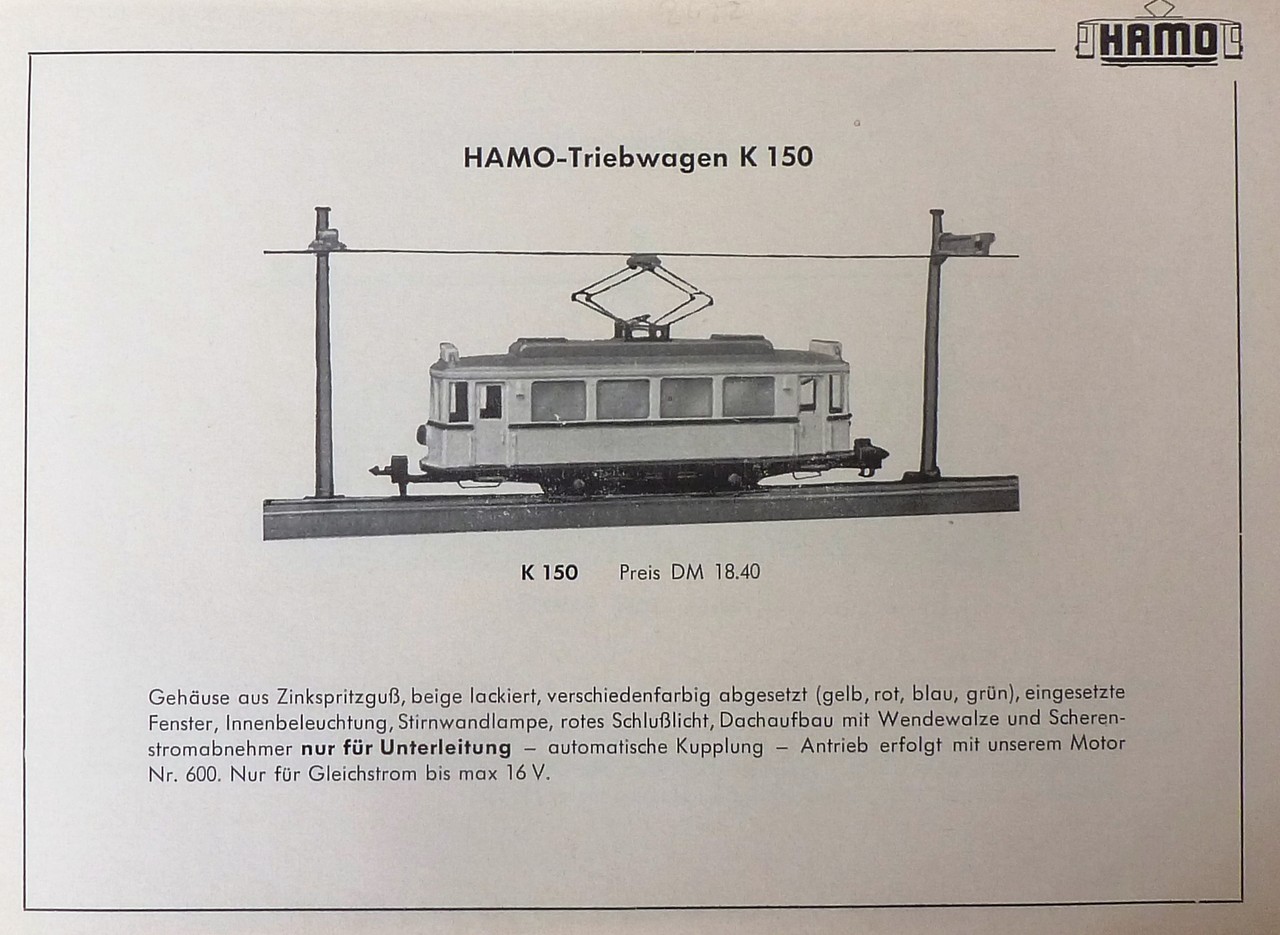
… that through rail and airlines ref T 205 or T 206 ….
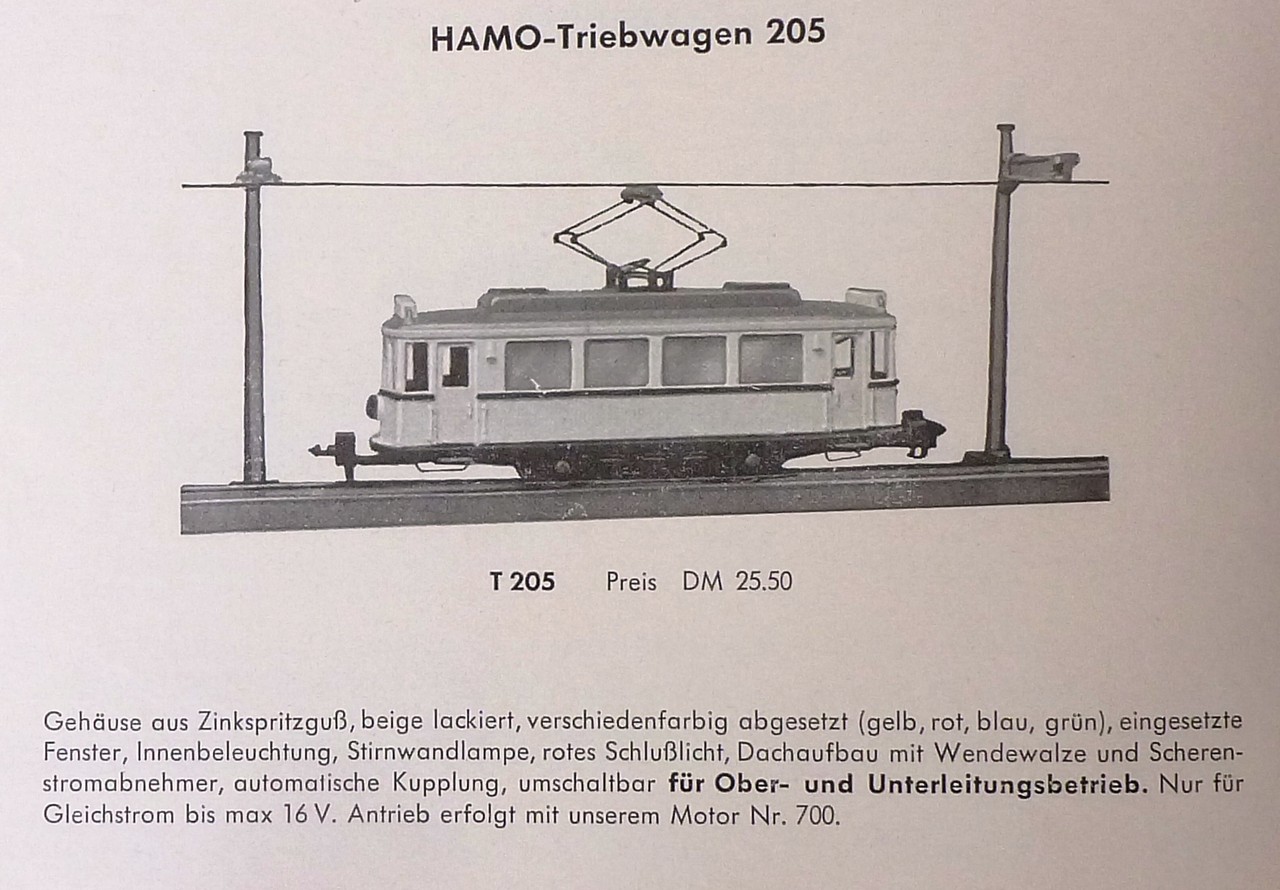
While the body does not undergo variations in shape, there are two versions of the chassis and engine (above the first and below the second) ….
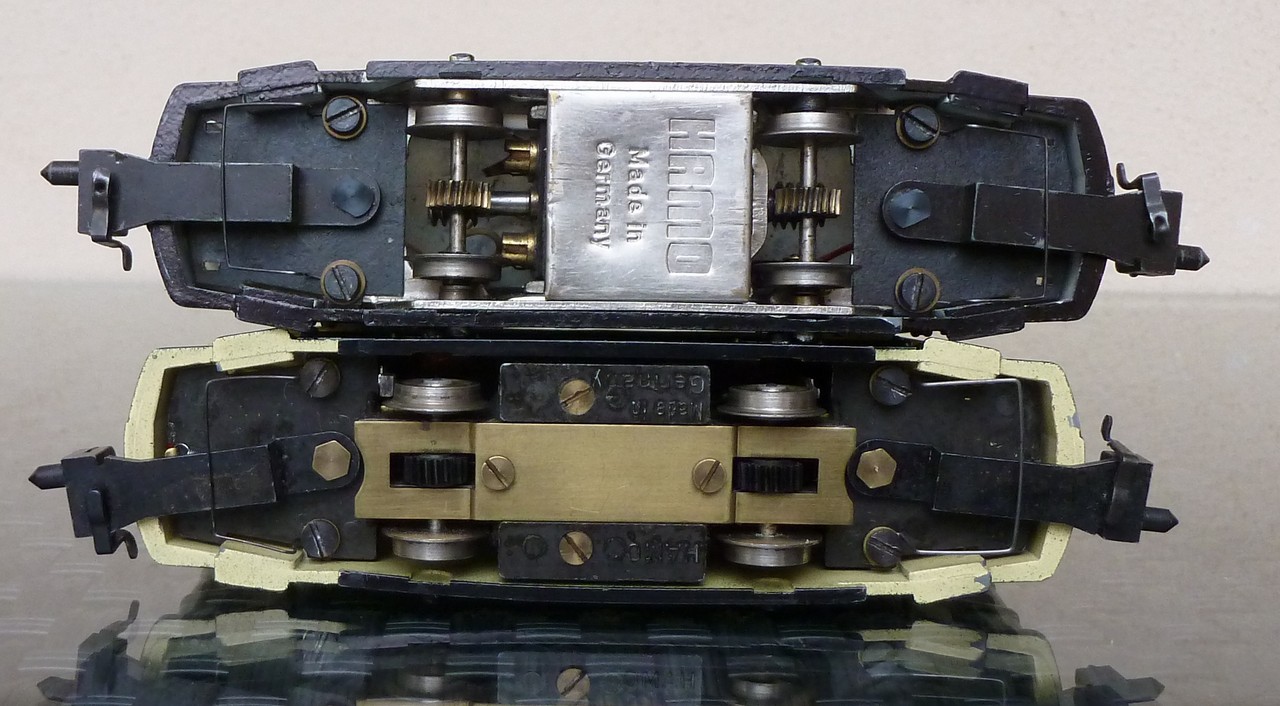
… Which are also supplied
as a complete spare …
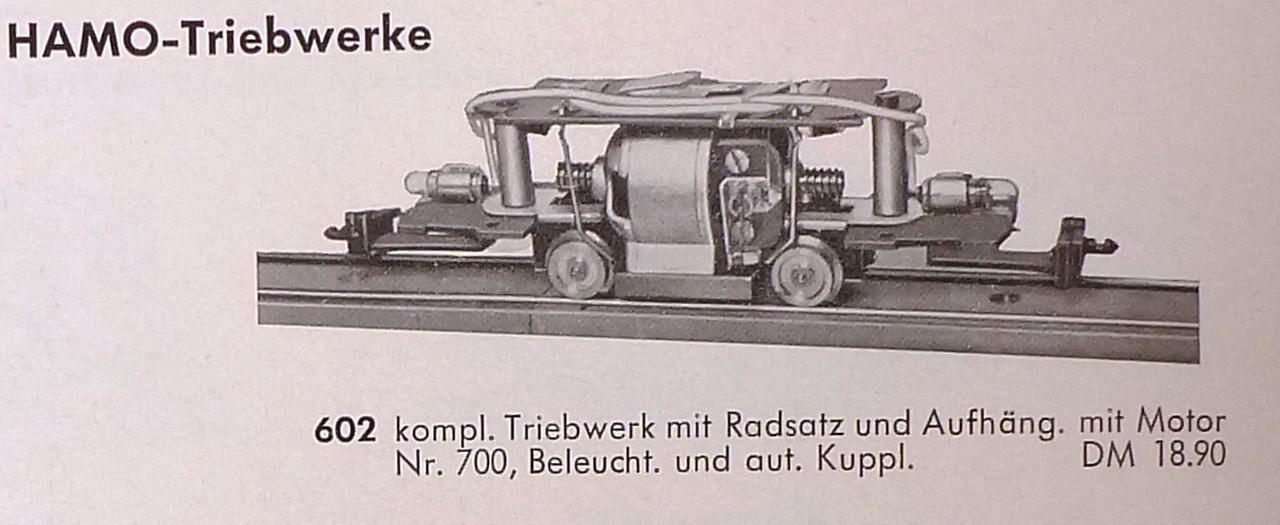
The combinations of colors of these convoys are numerous.
Roofs can vary from a light bluish gray to dark gray, in some cases can also be silver, the frames are mostly blacks, the sides ivory or two colors such as ivory / blue …
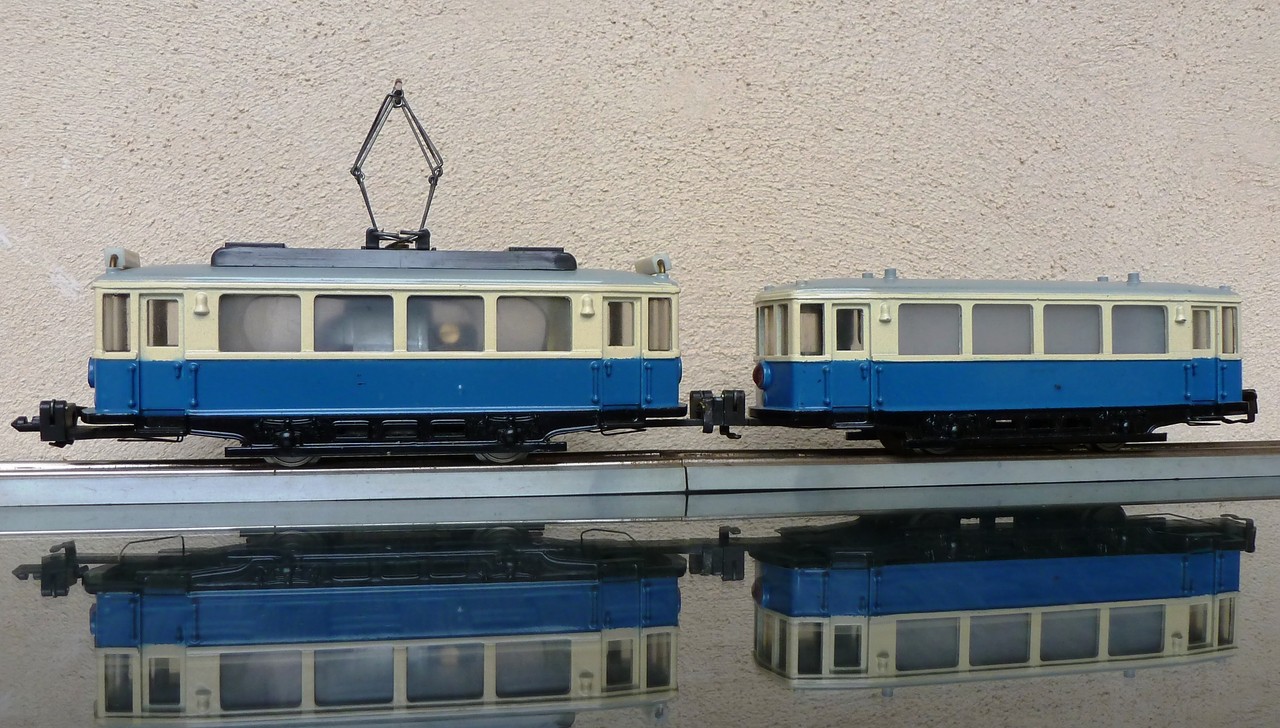
… Ivory with green lines …
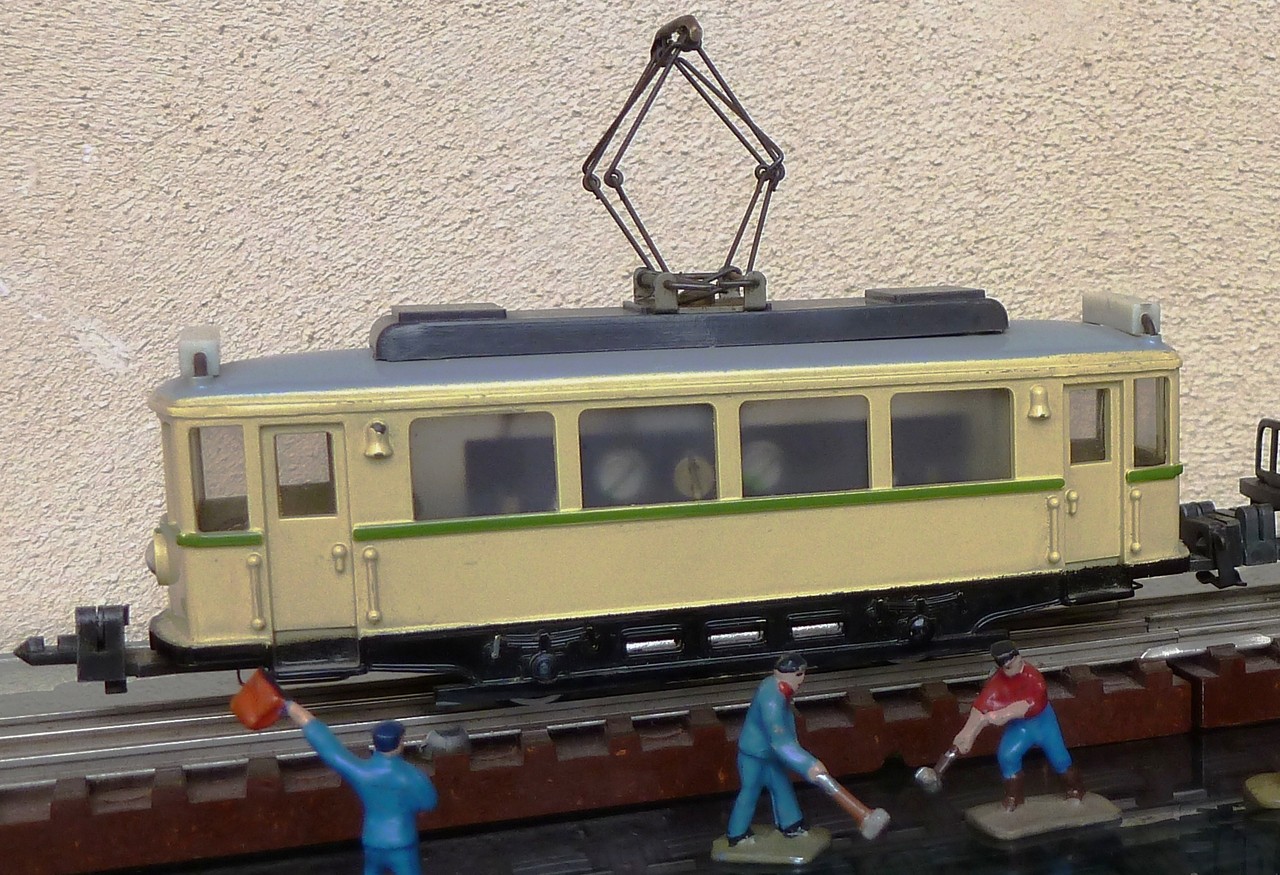
….red / Ivory with black lines …
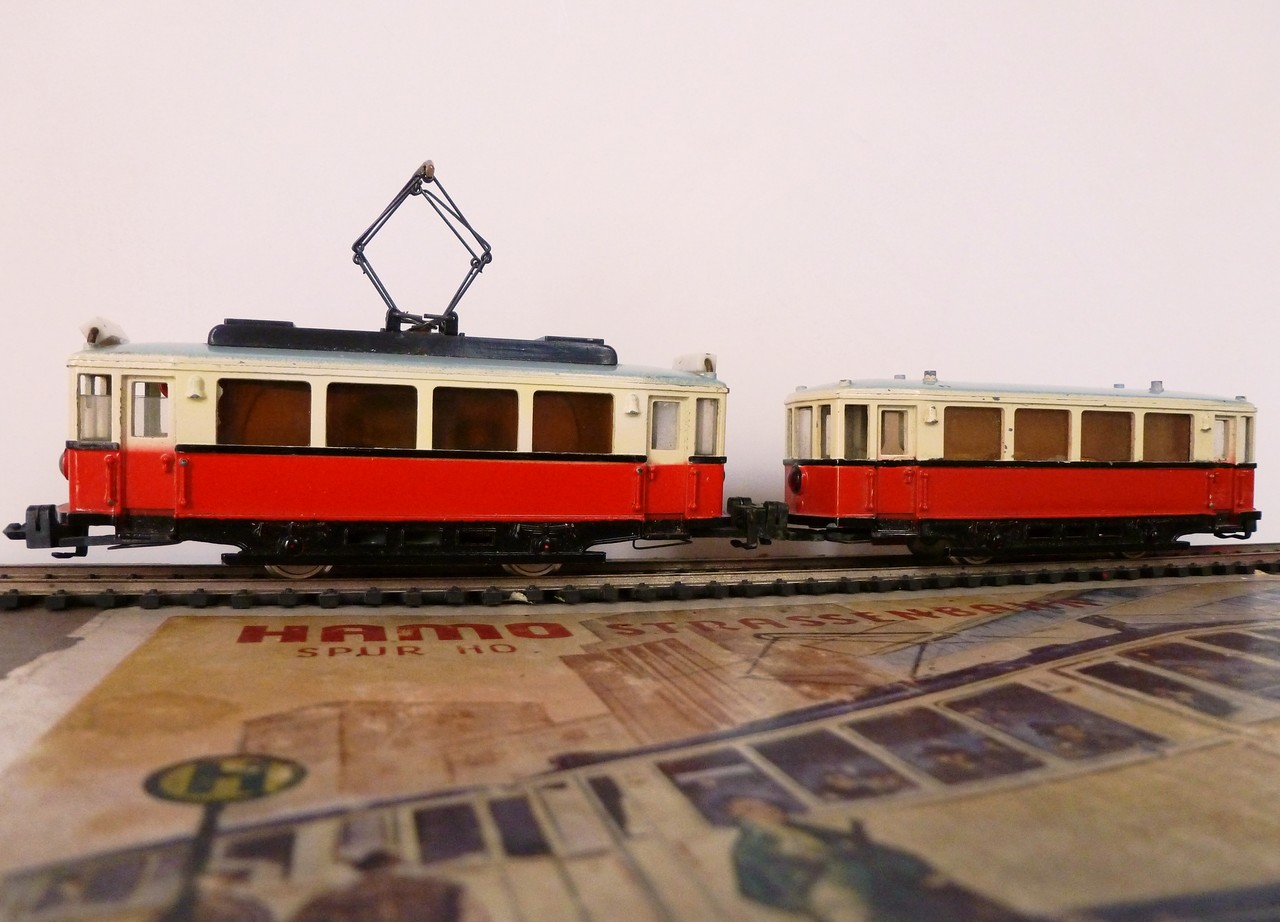
… .here is in a set of the second generation with isolated rails …
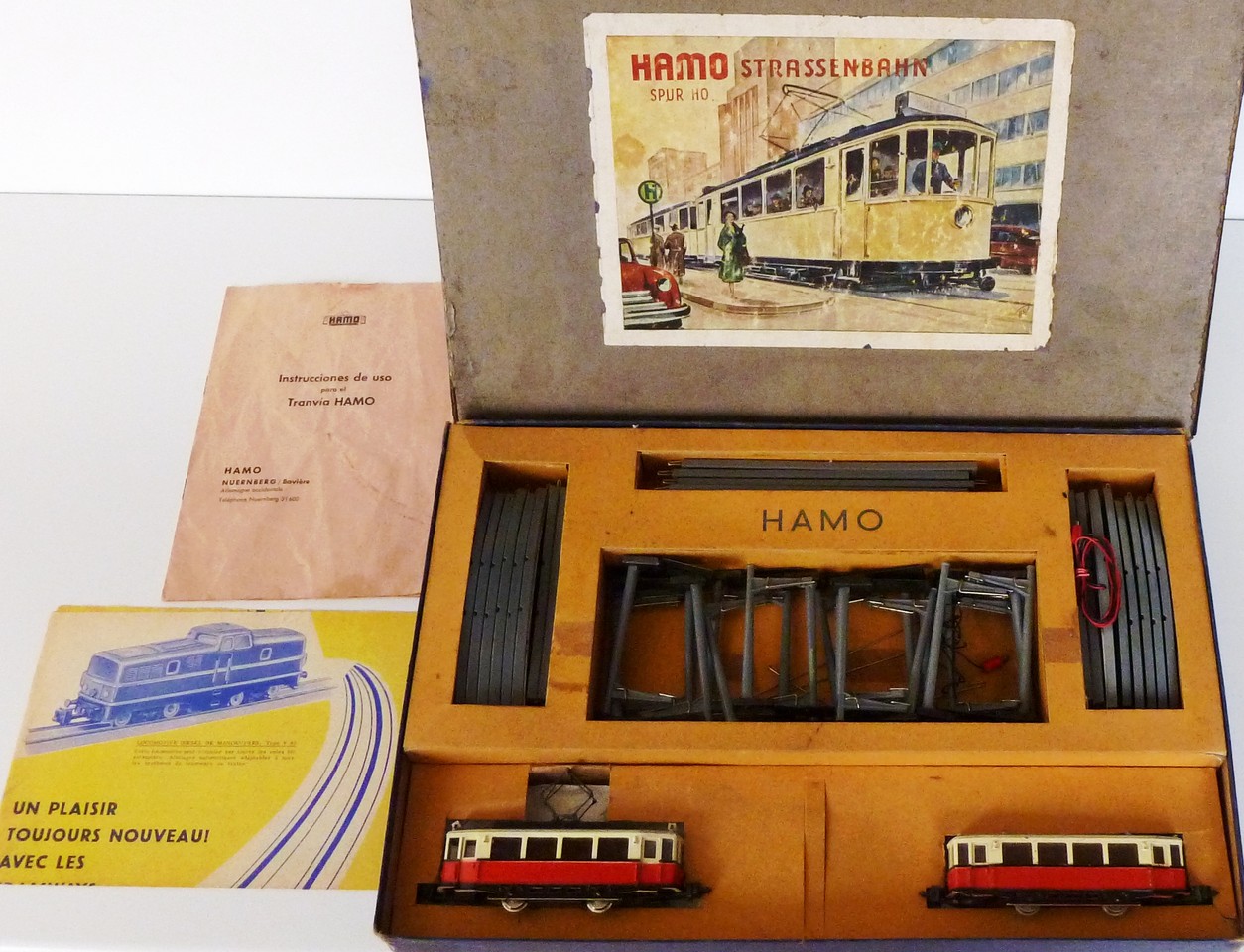
… . light green and ivory …
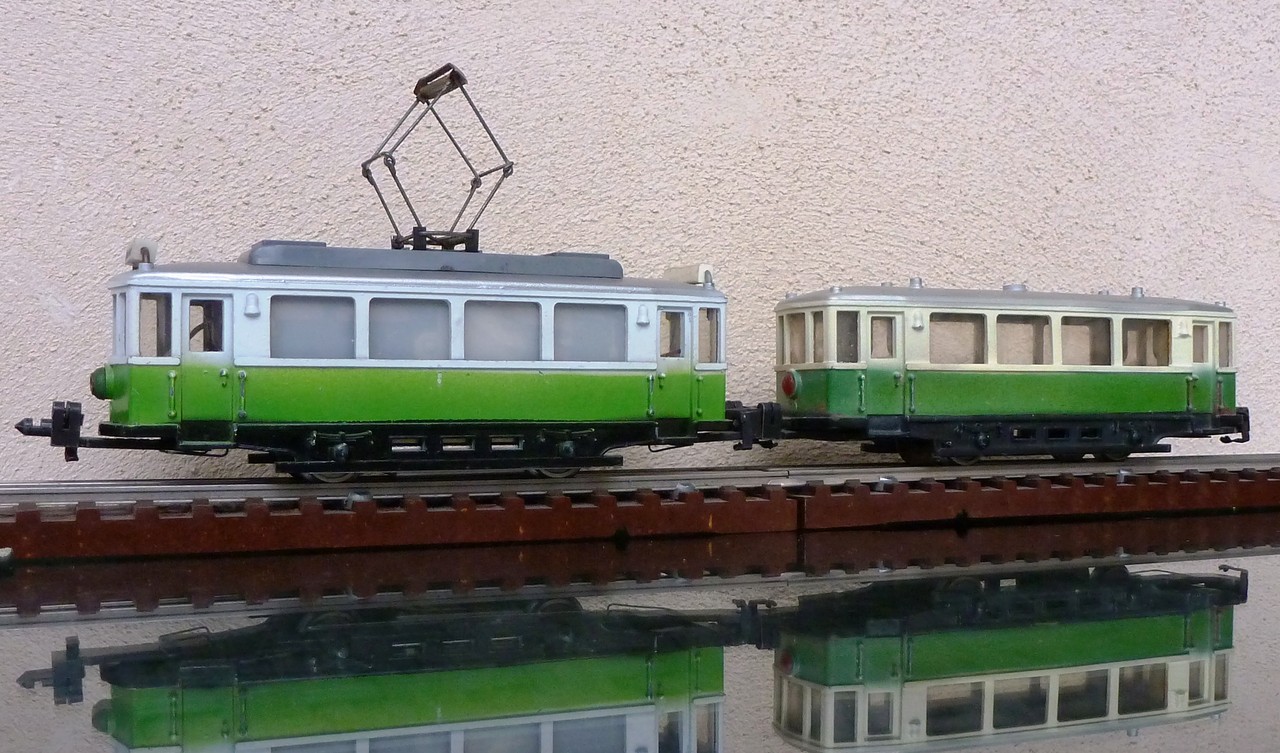
… Ivory with blue lines
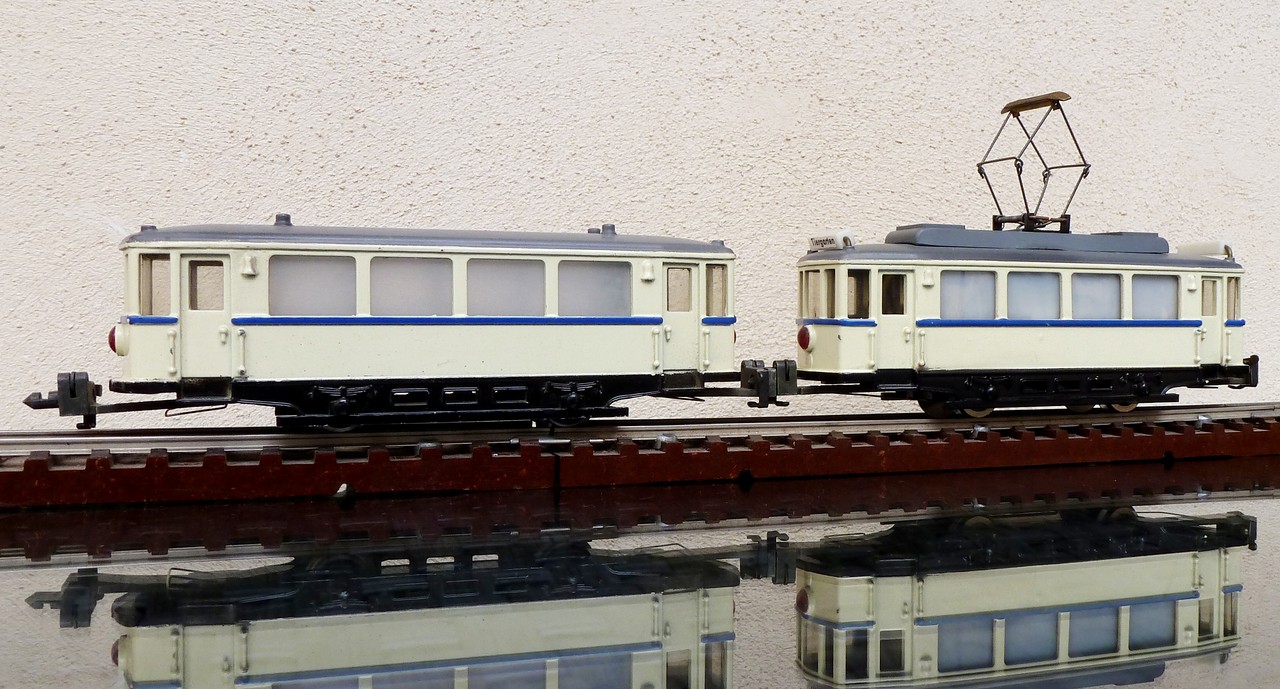
and other
… Yellow and ivory with black lines …
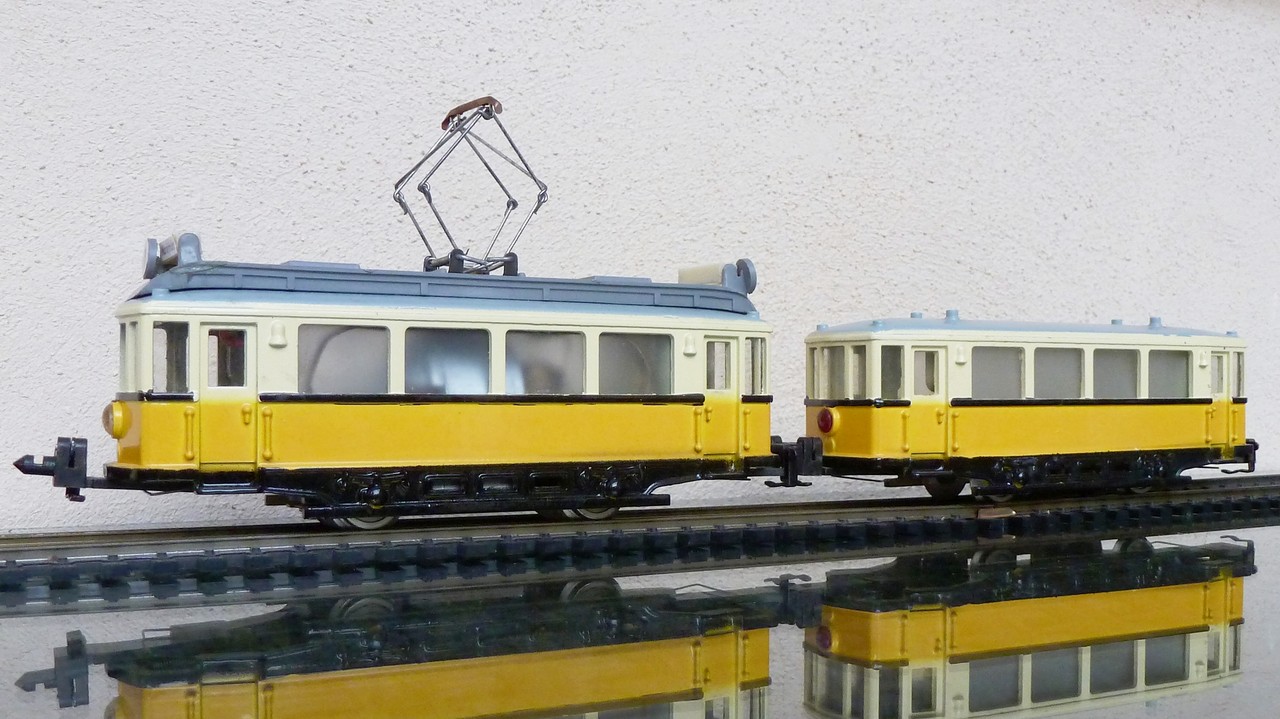
… Yellow and ivory with two axles and carriages …
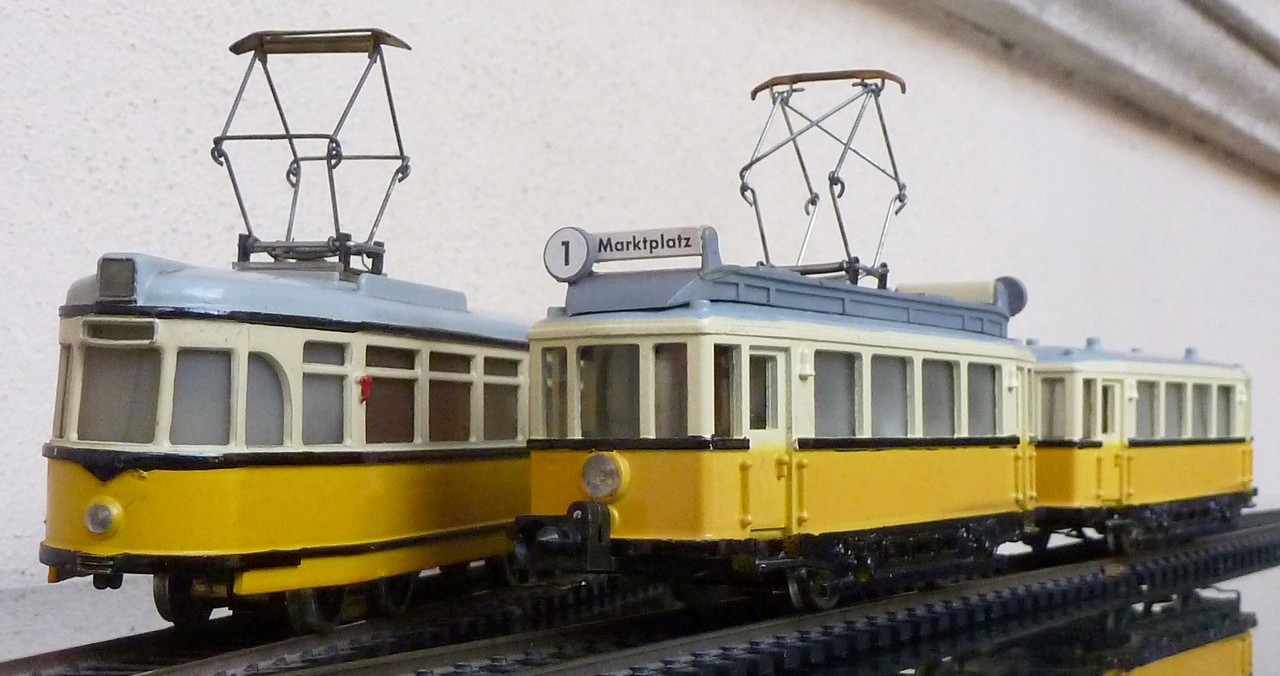
… Or dark green and ivory
If we count all the possible combinations of coating, pantographs, frame and top unit on the roof, we can estimate more than 60 possible variants of these tractors and trailers with two axles.
This not counting transparent glasses or not, two variants of headlights and the finishing or less of various details. Painting craftsmanship of these pieces does not make it more so and to stimulate Collectors research …
The trailers, ref 250 ….
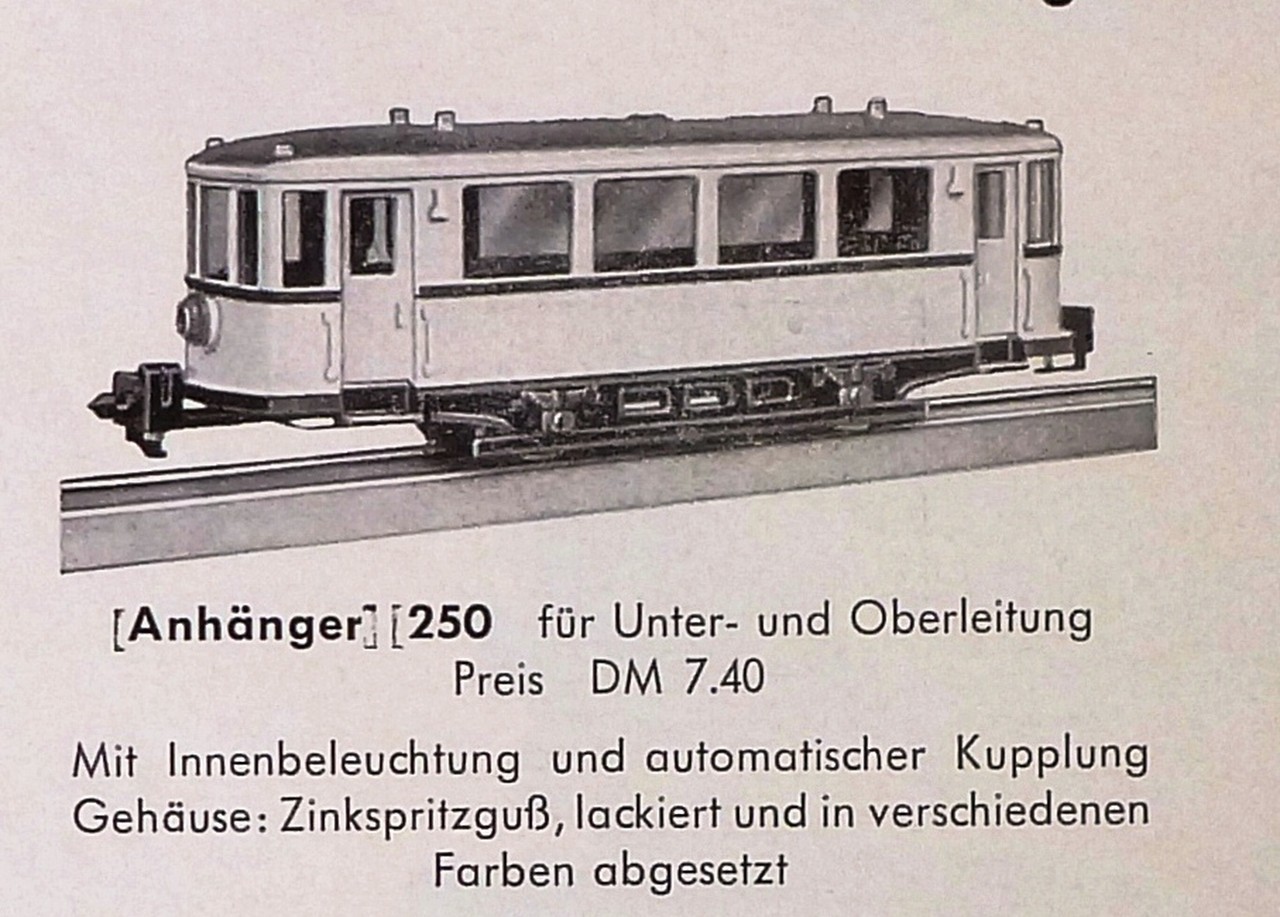
They are characterized by two variants of the frame, depending on whether the lighting is fed from the tractor or directly through the rails.
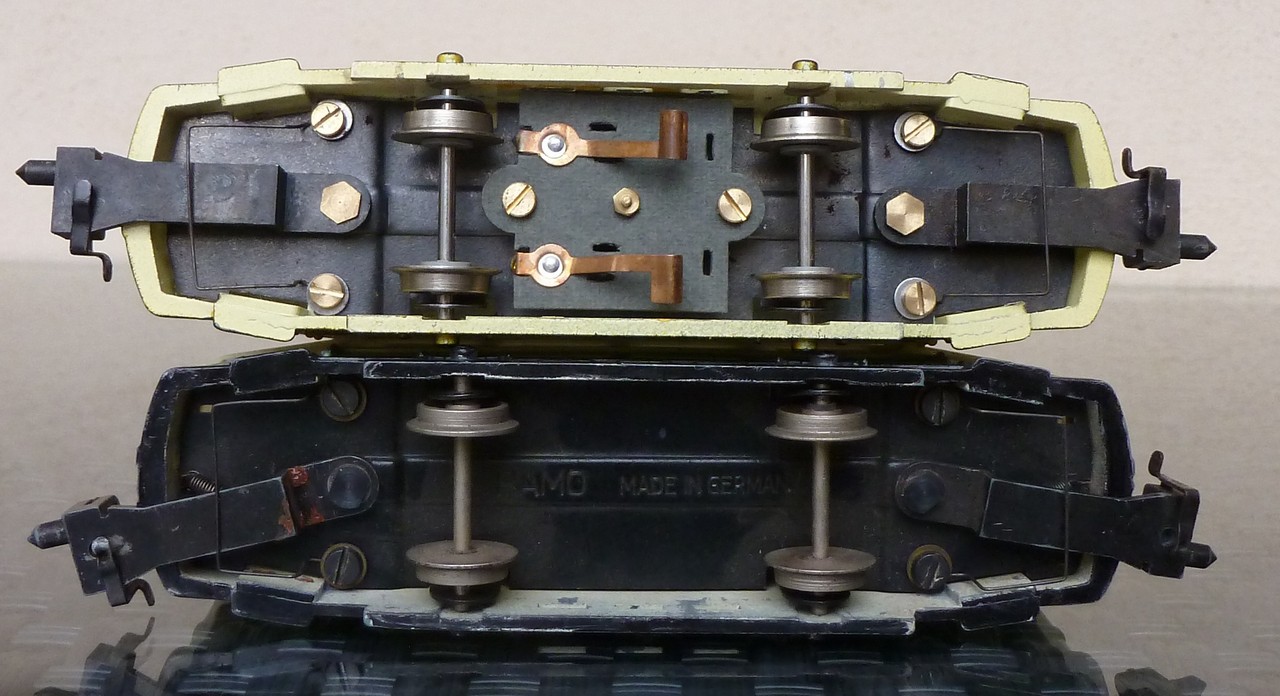
Finally an overview of the tram with two axles, in the so-called ’62 appear Oldtimer.
Green … ..
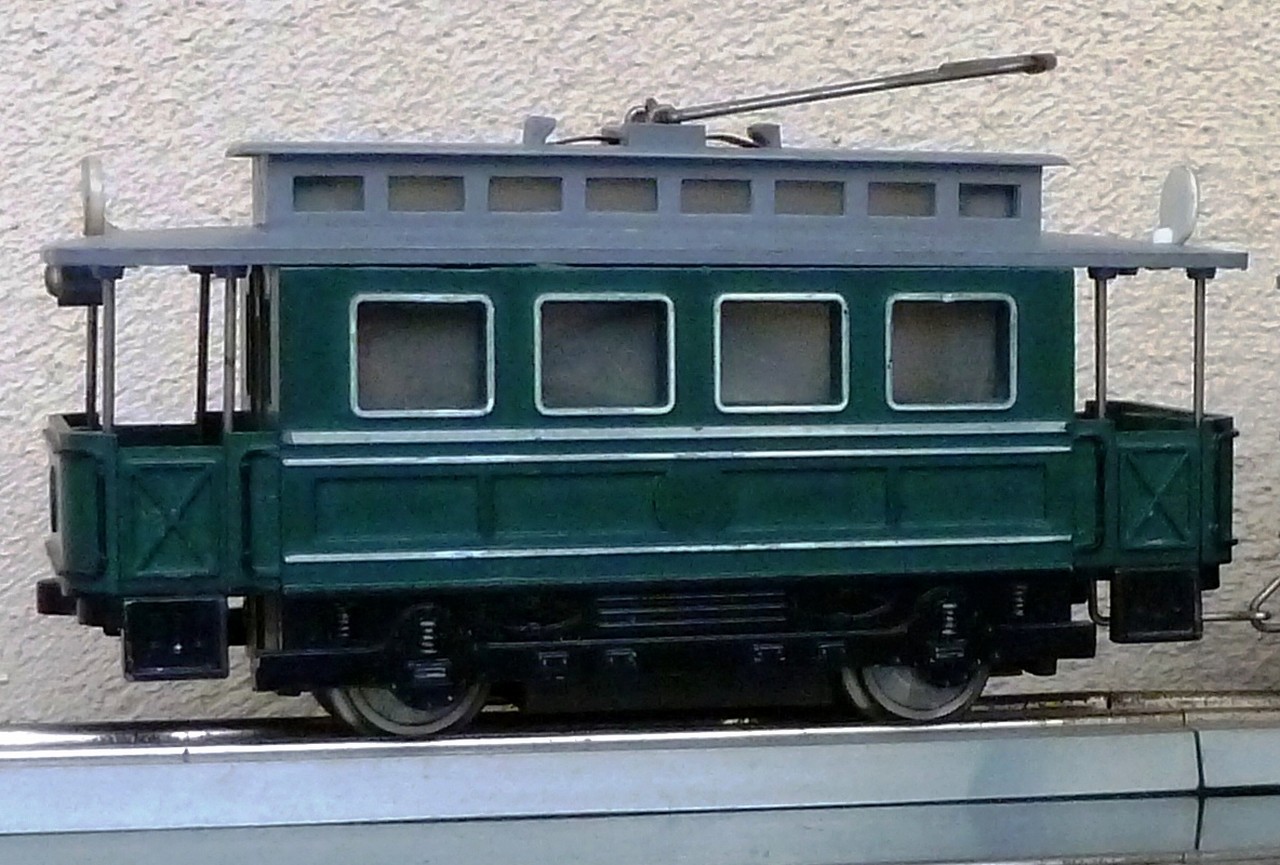
… … With the trailer
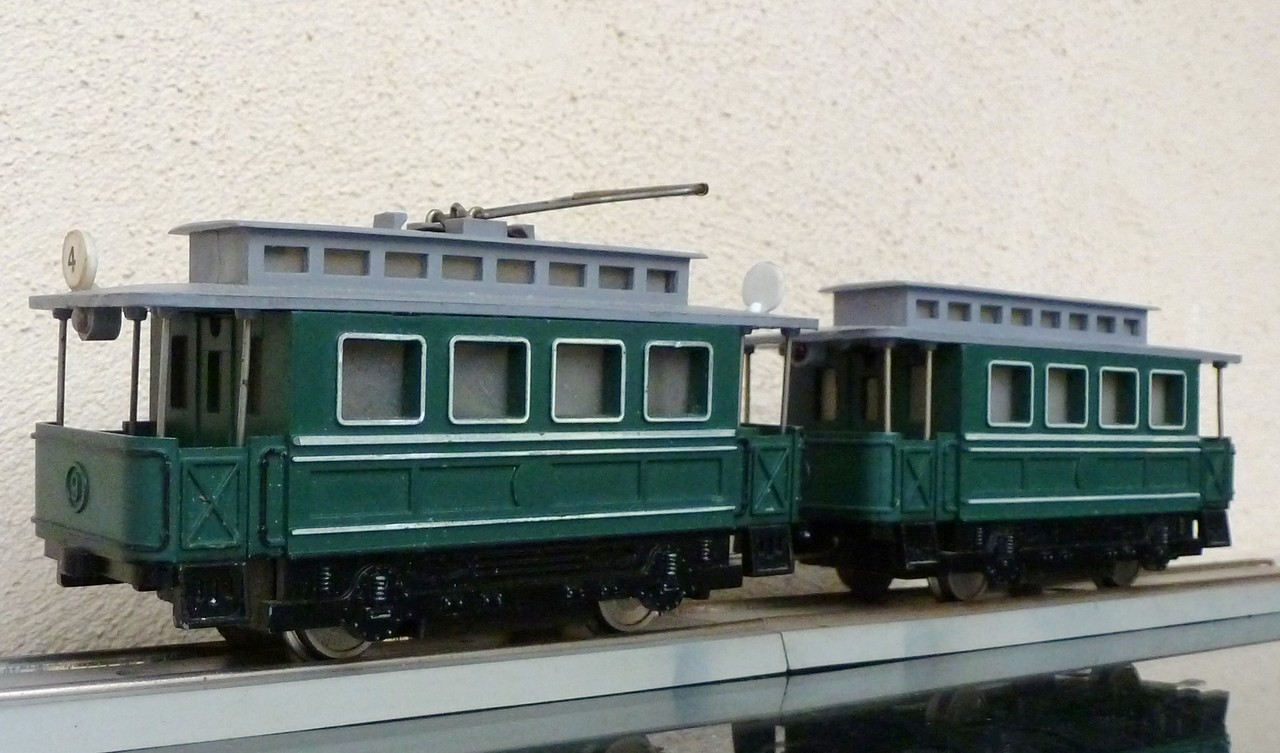
… . yellow
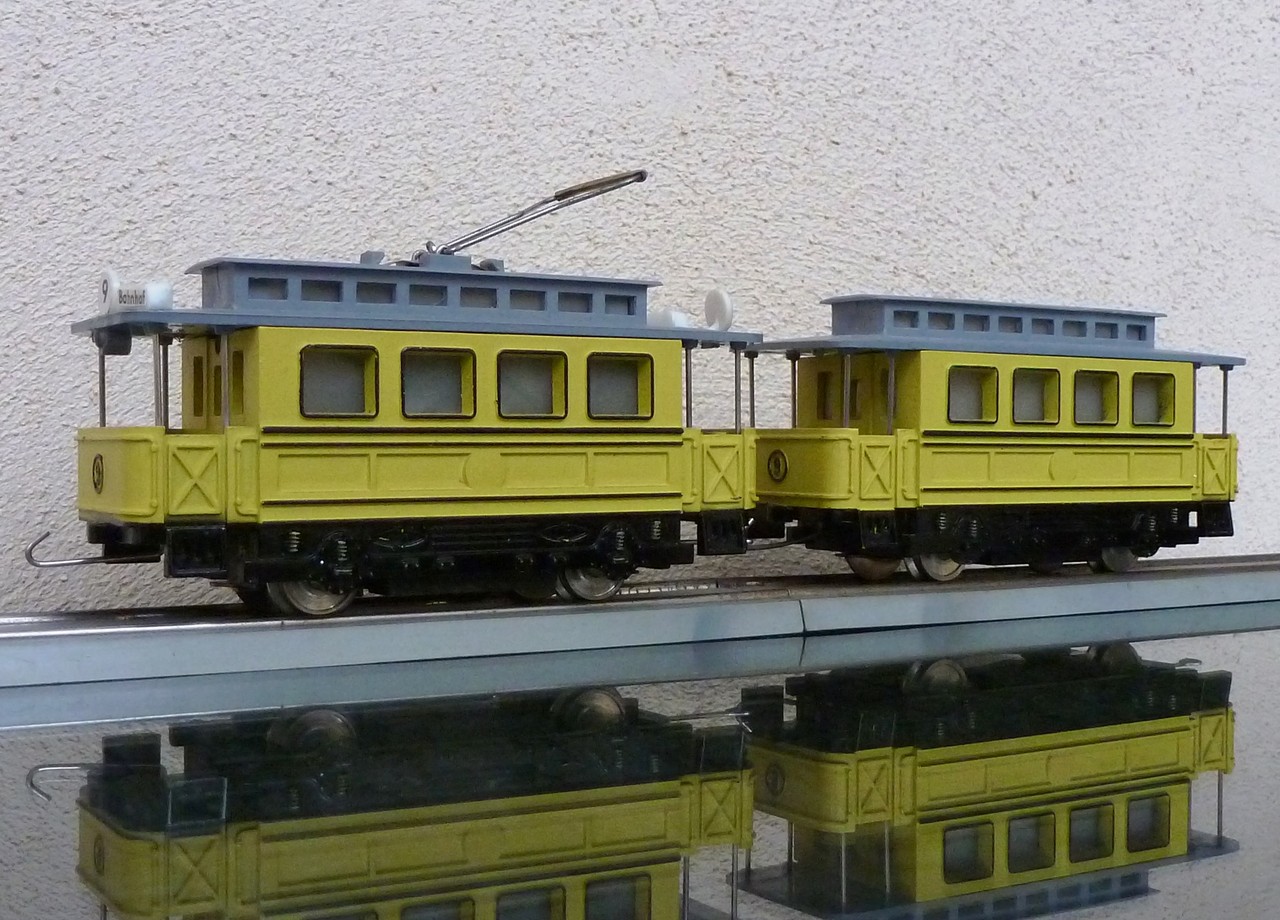
… Beige, red or blue, they are characterized by roofs, plastic hooks to hook and loop, trolley-head
… And in the second part we will discuss the tram with carriages …
and now we meet Albrecht Dürer and his painting
or back to Home Page
(@July 30, 2015)
